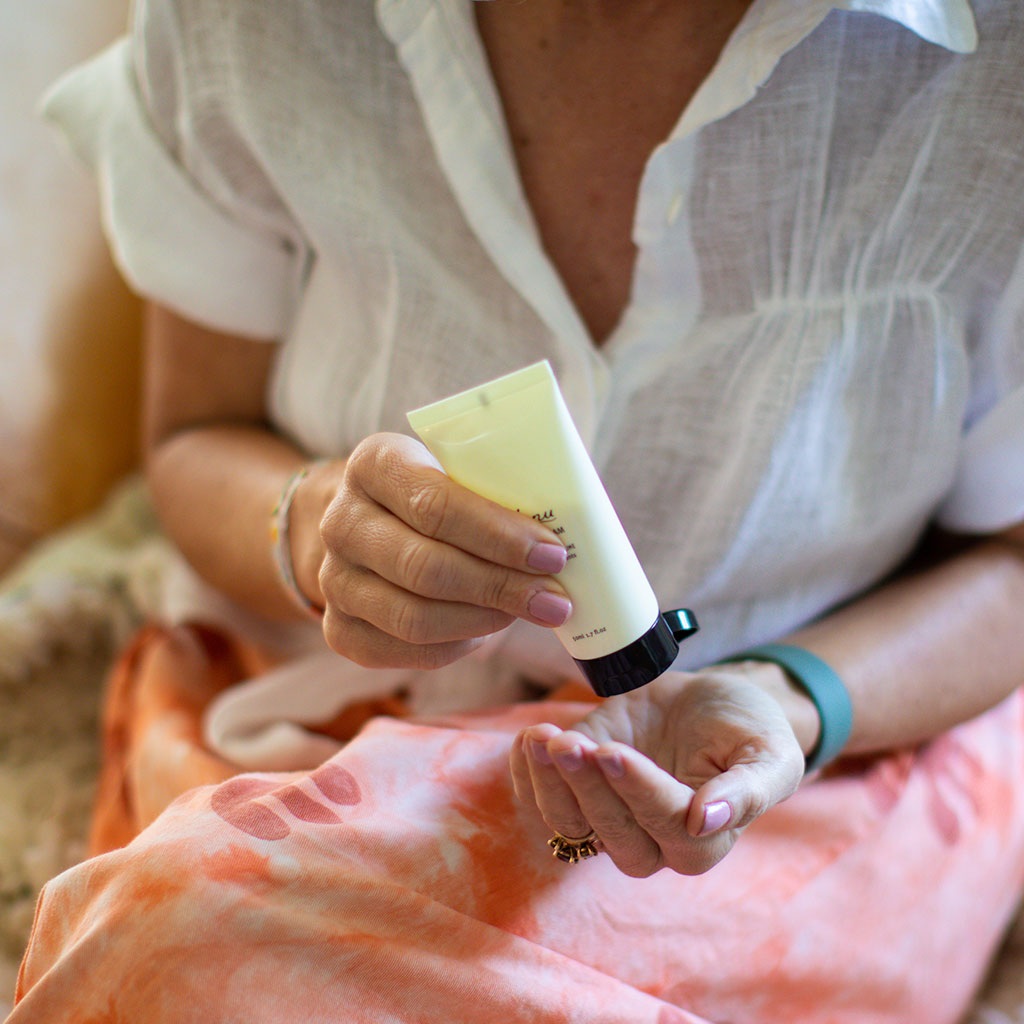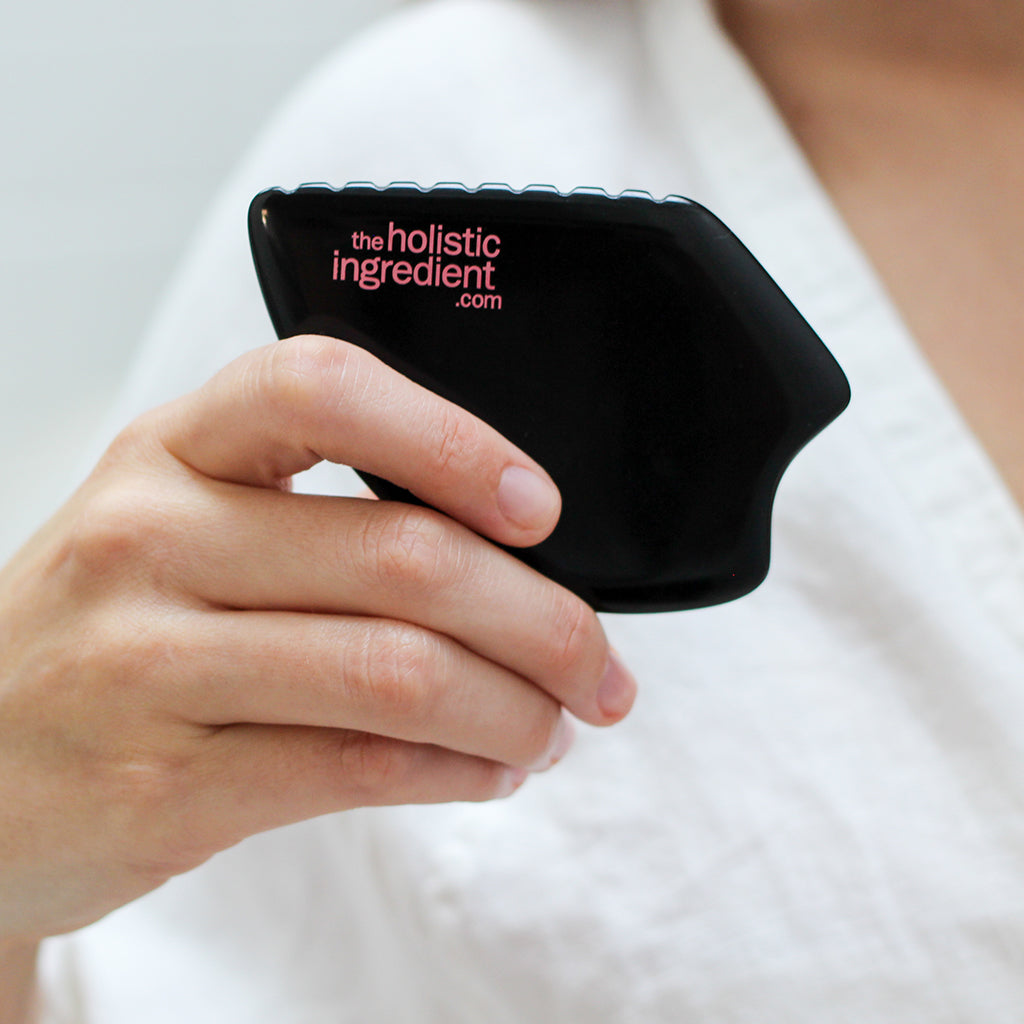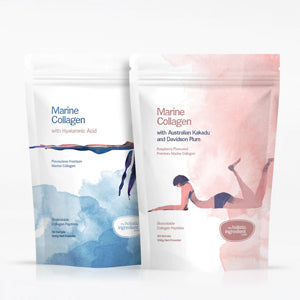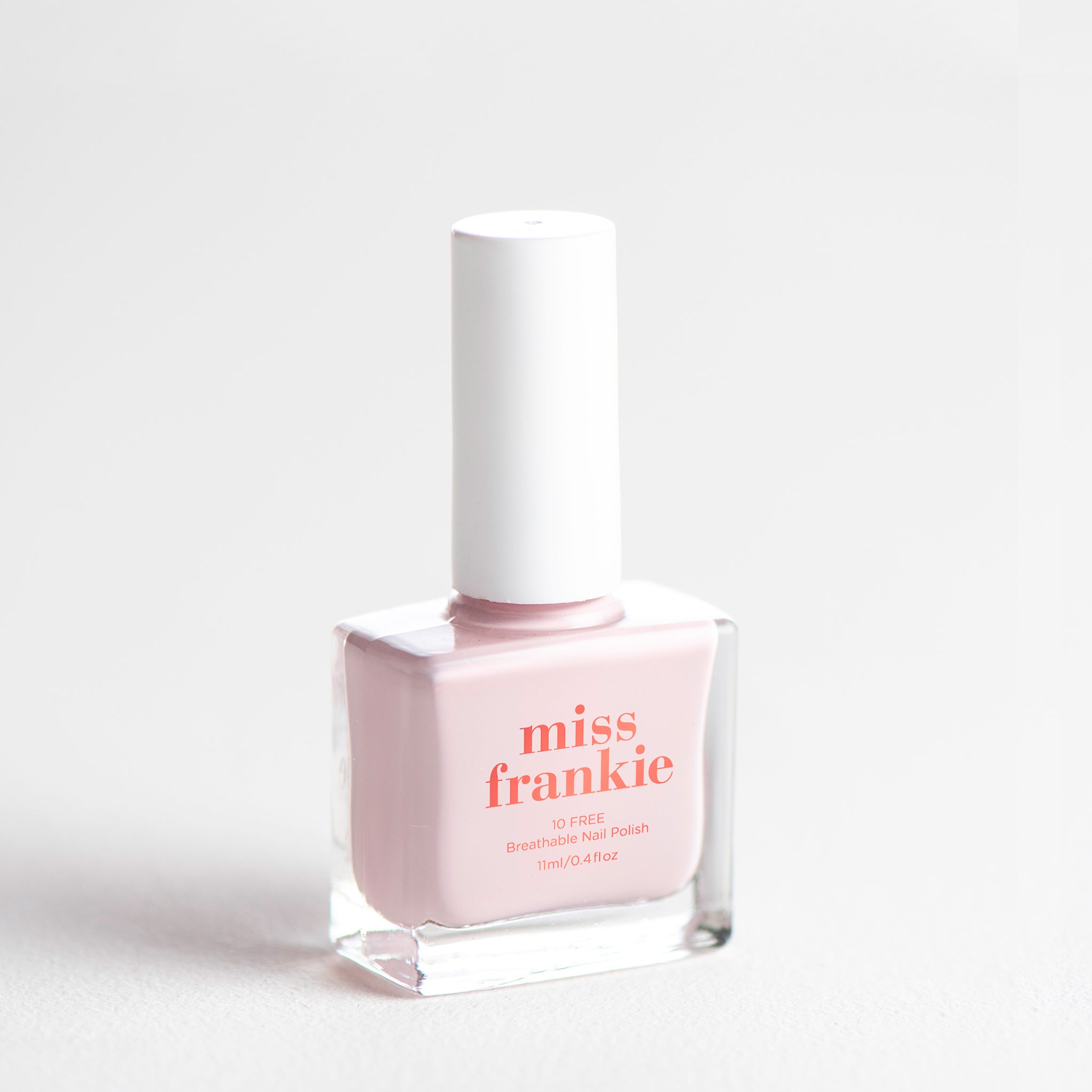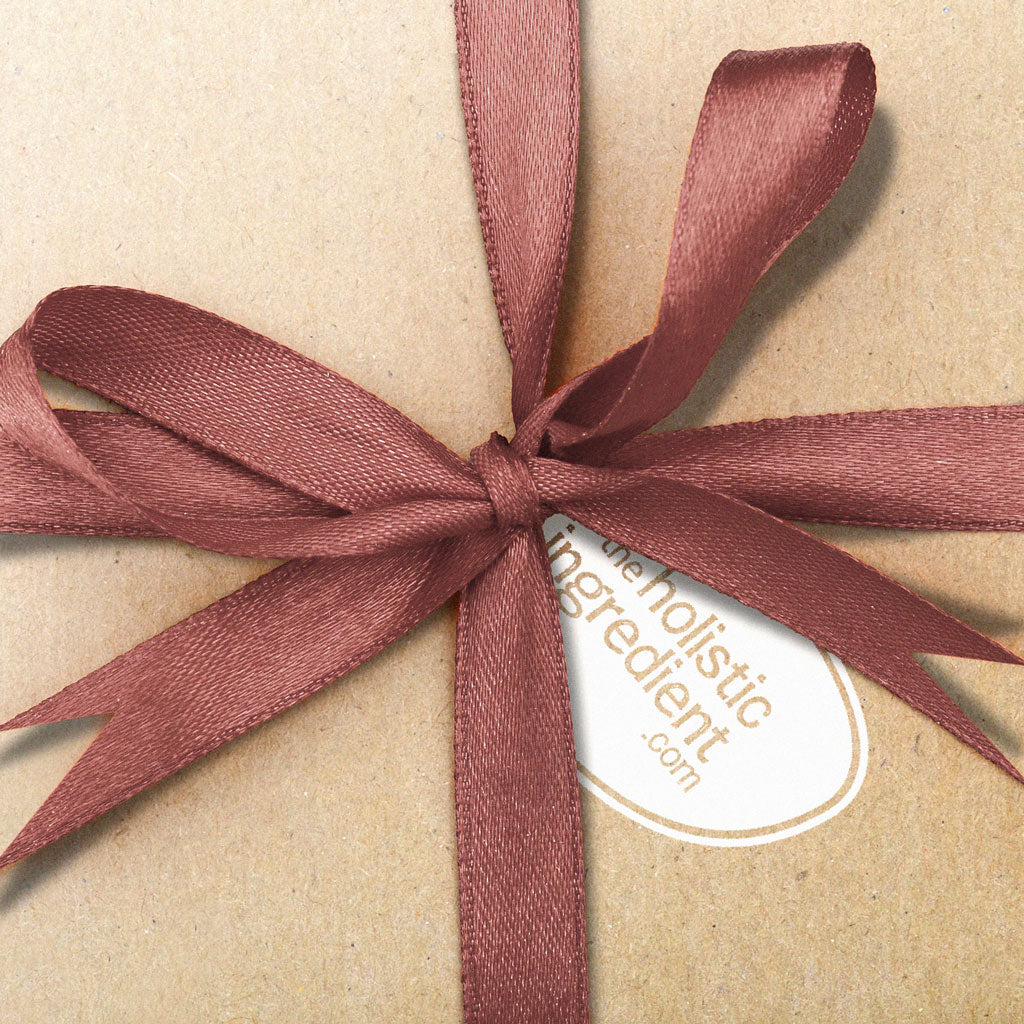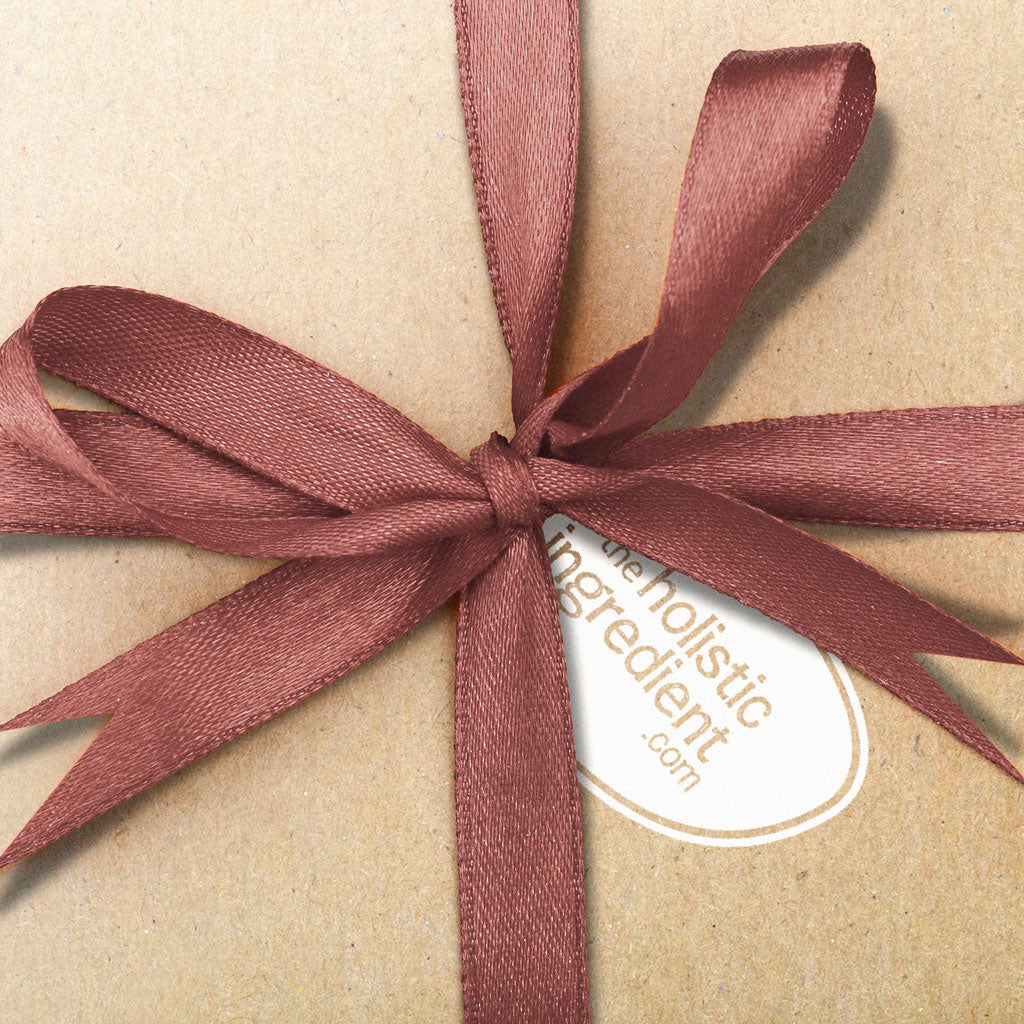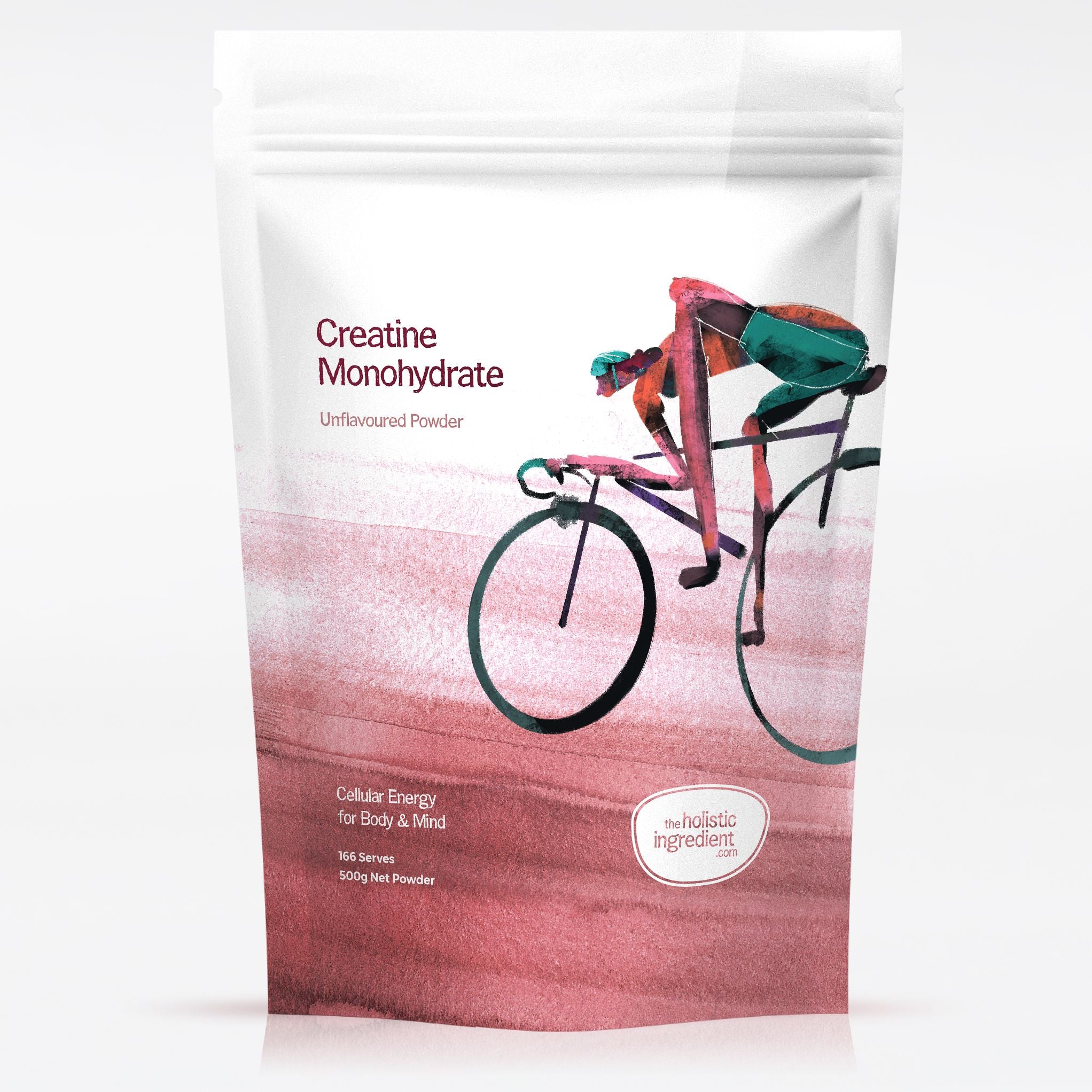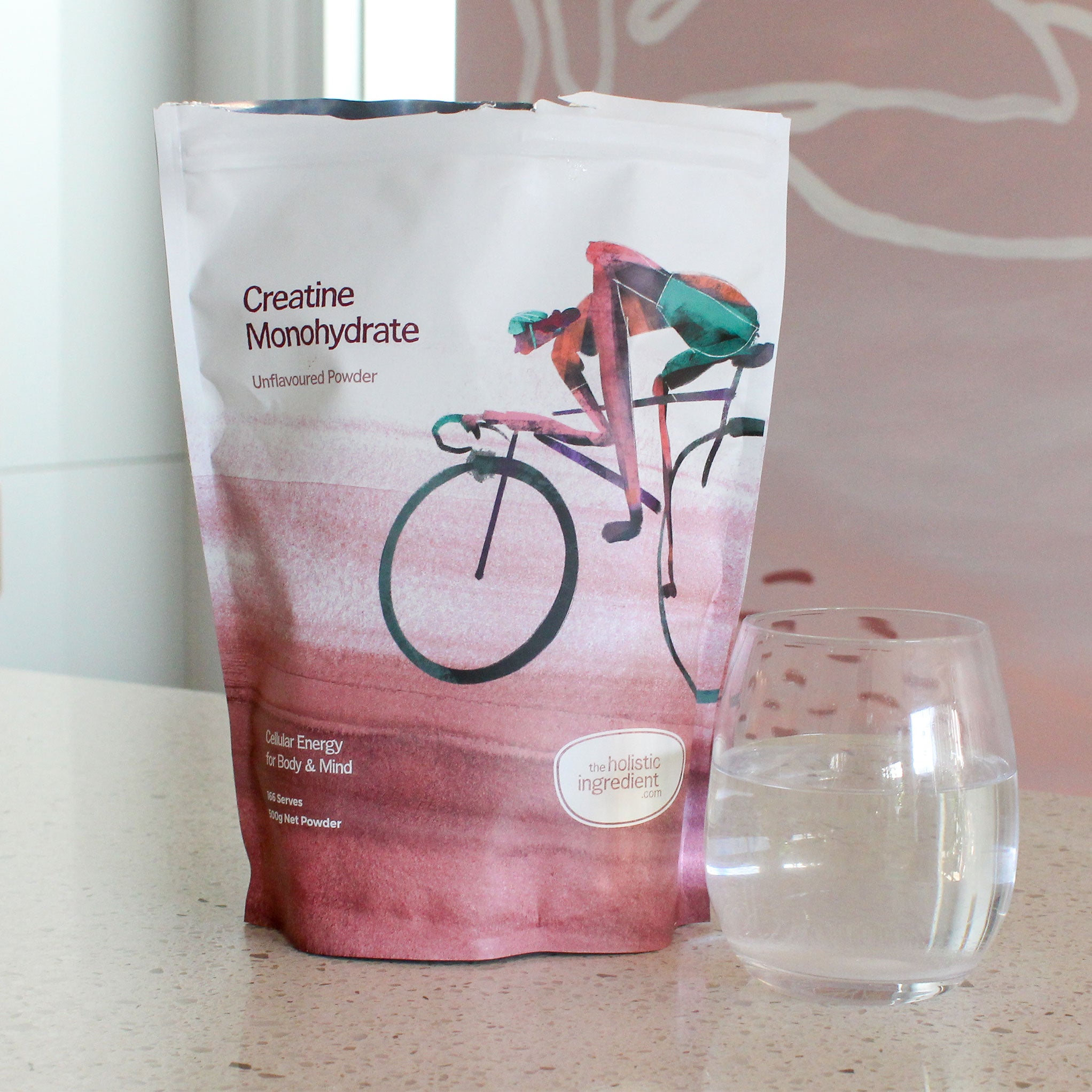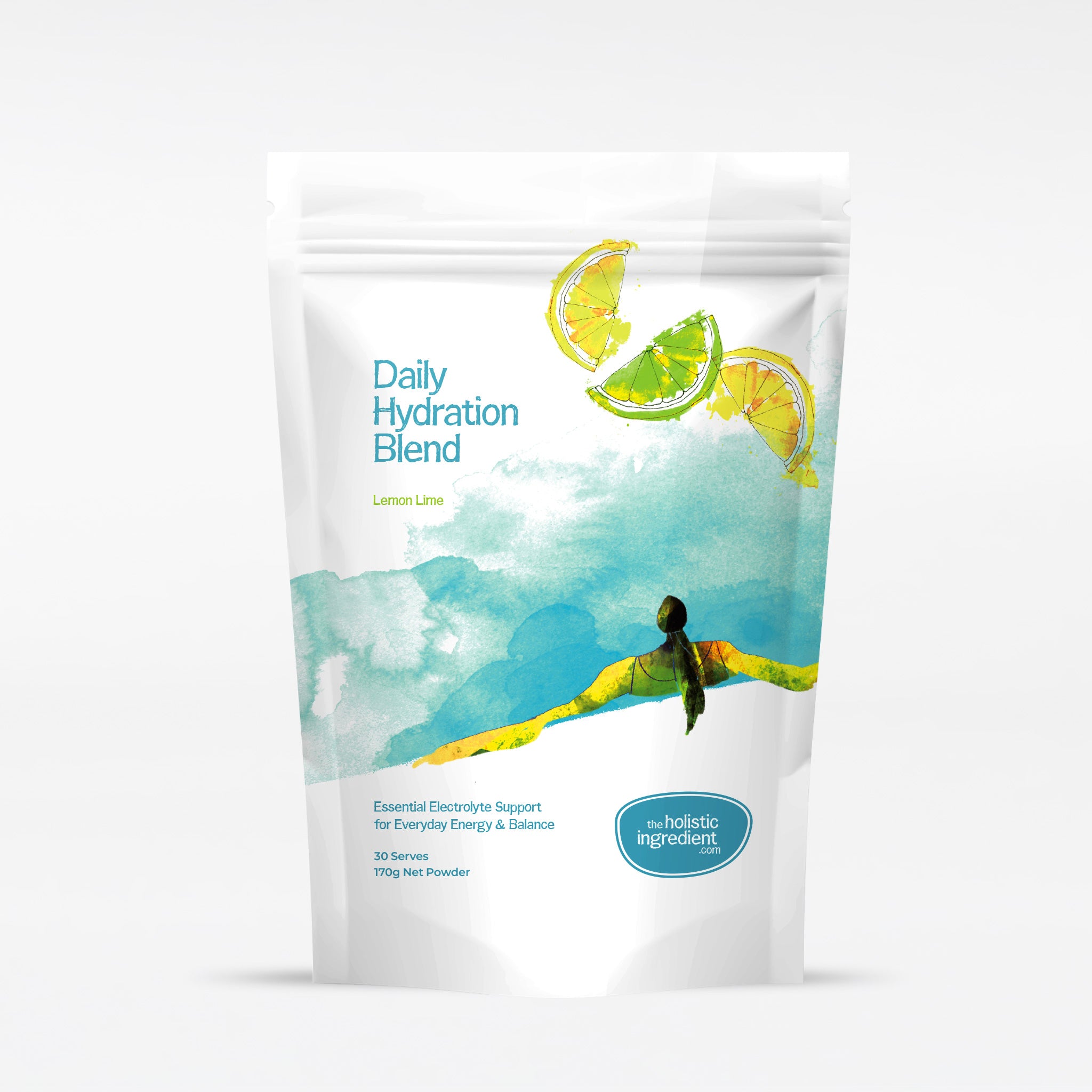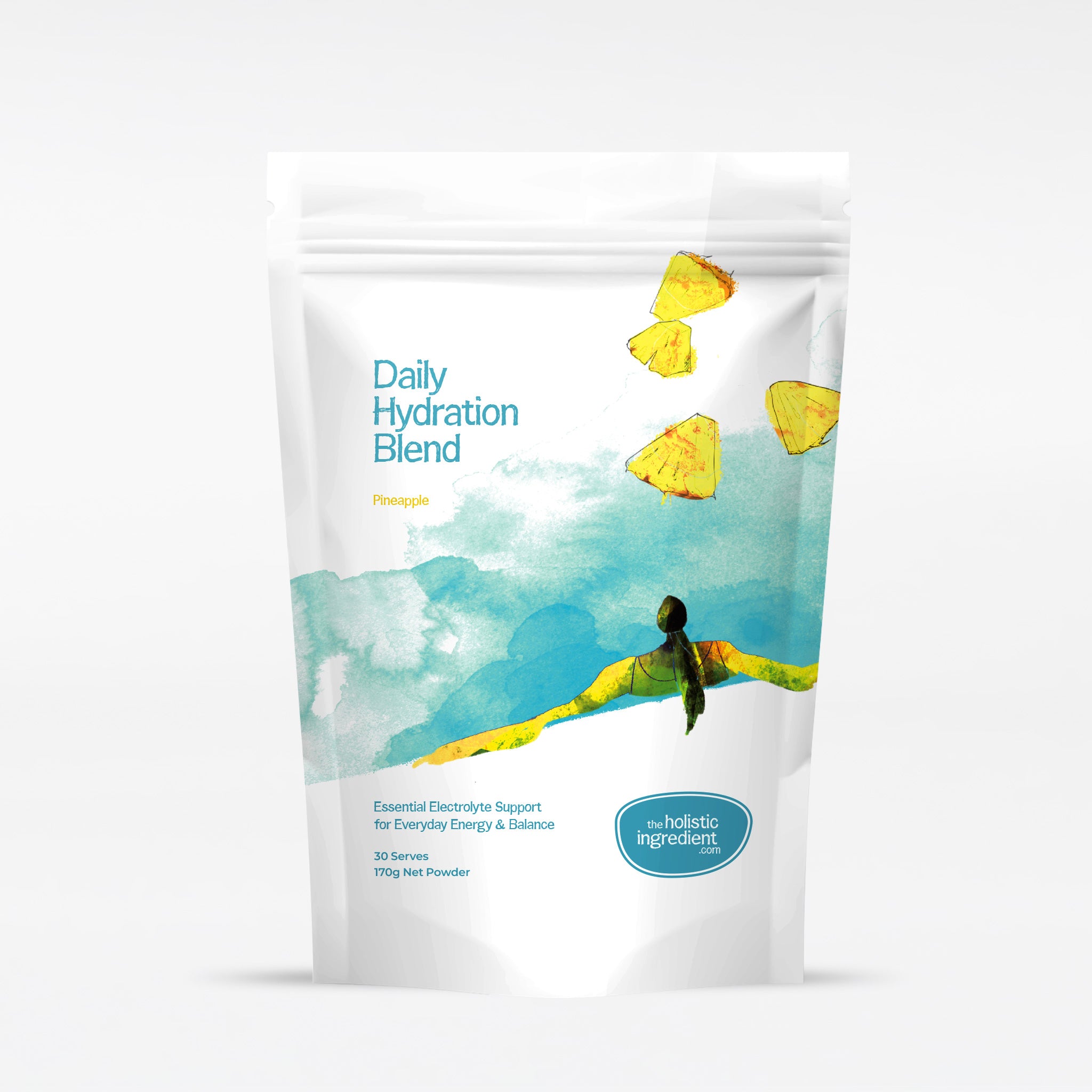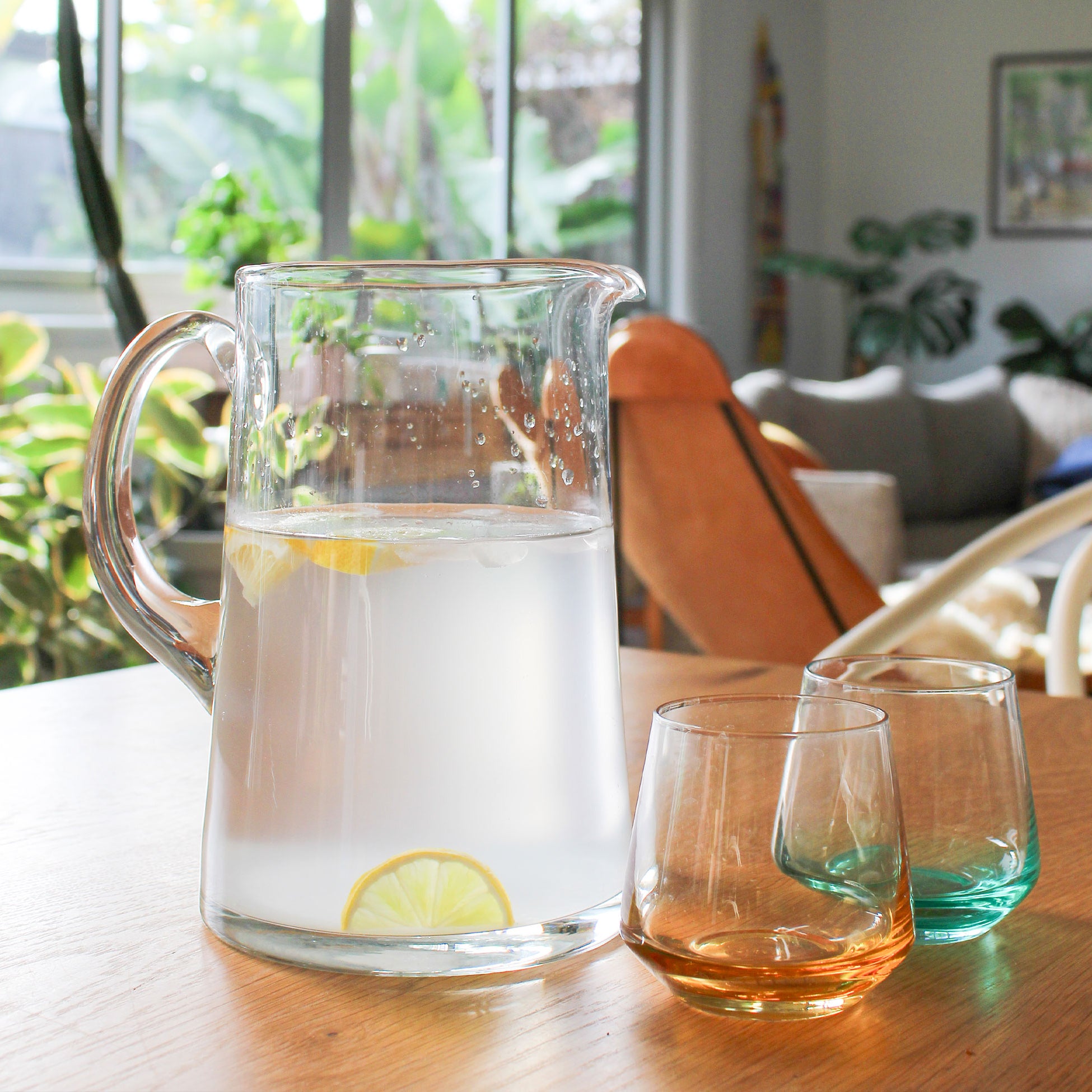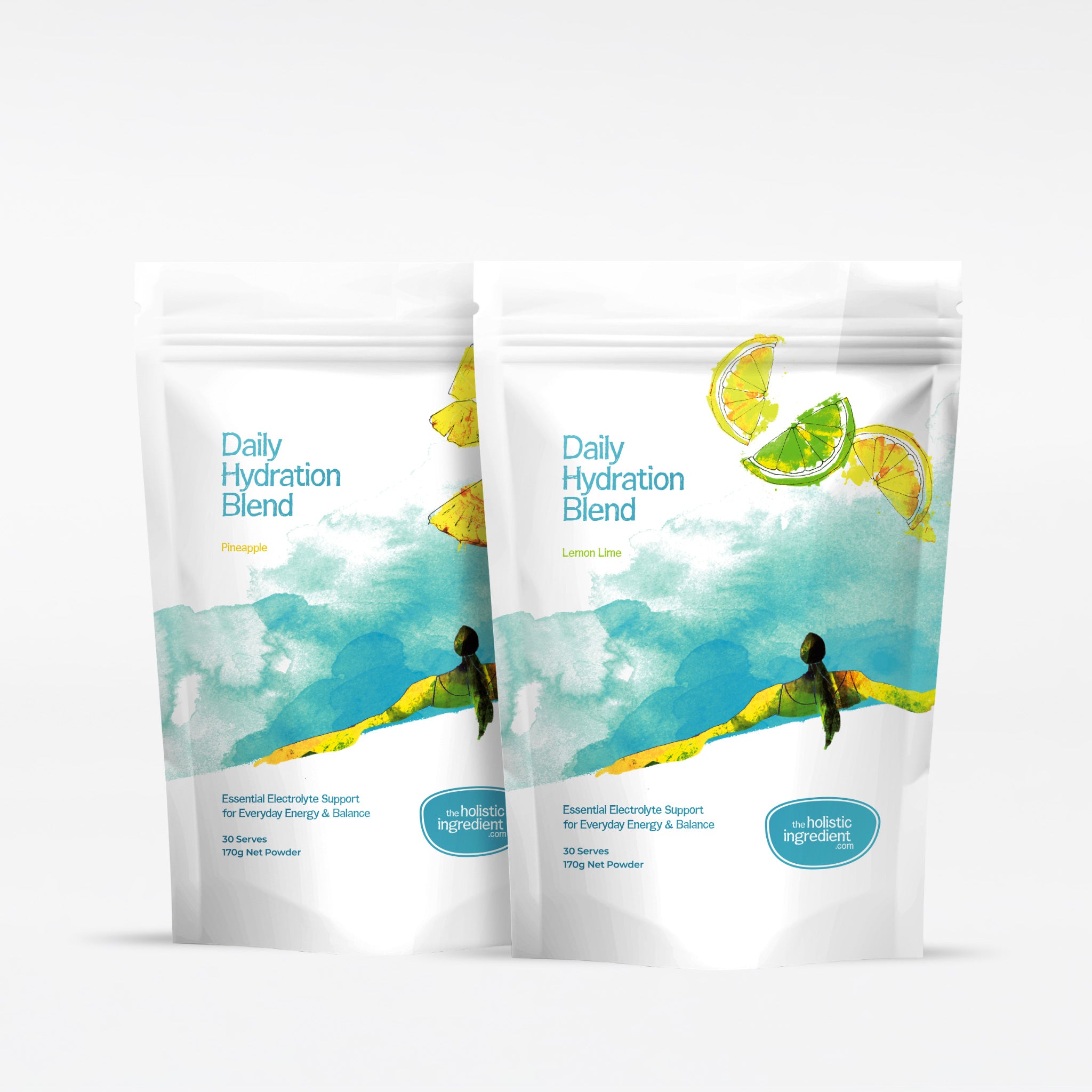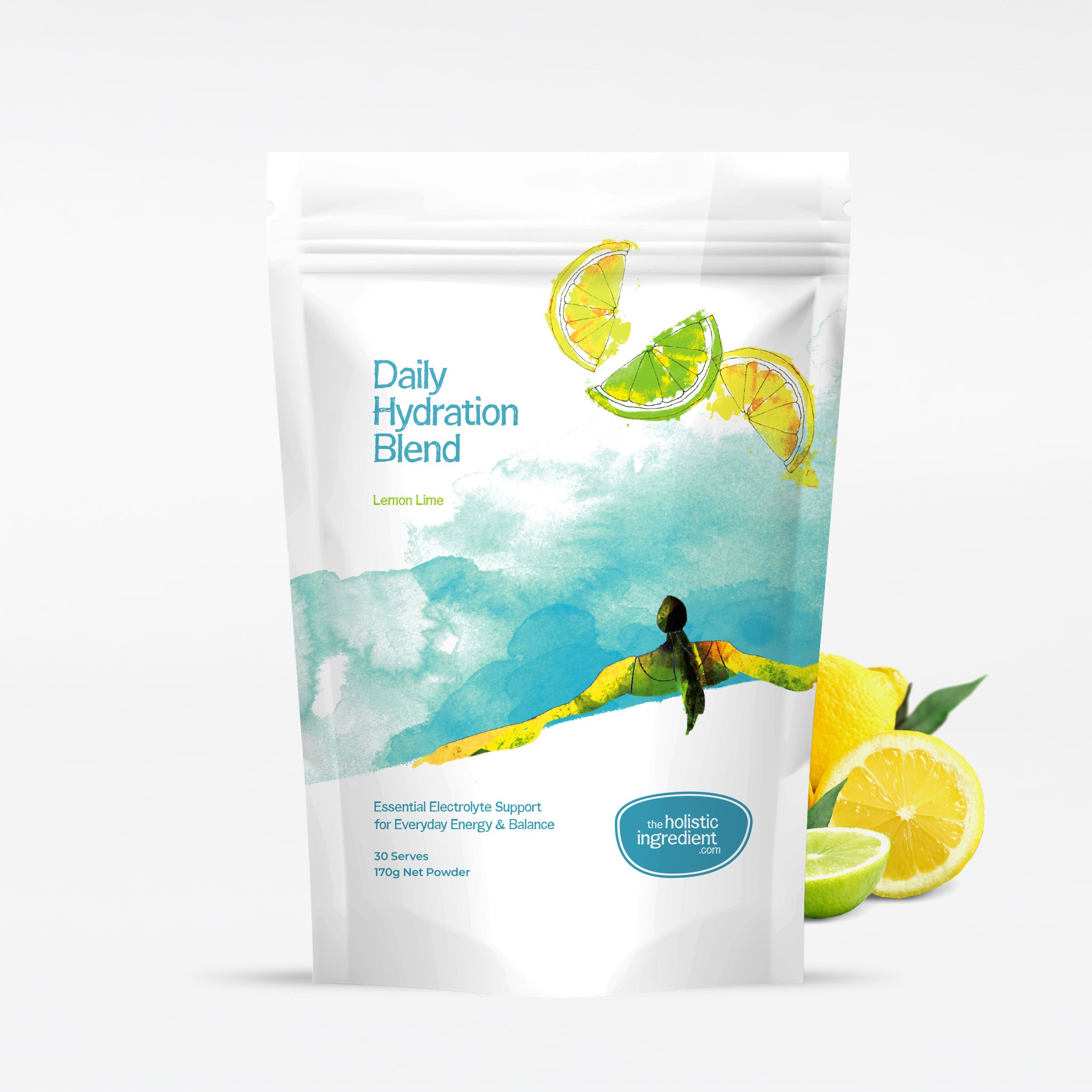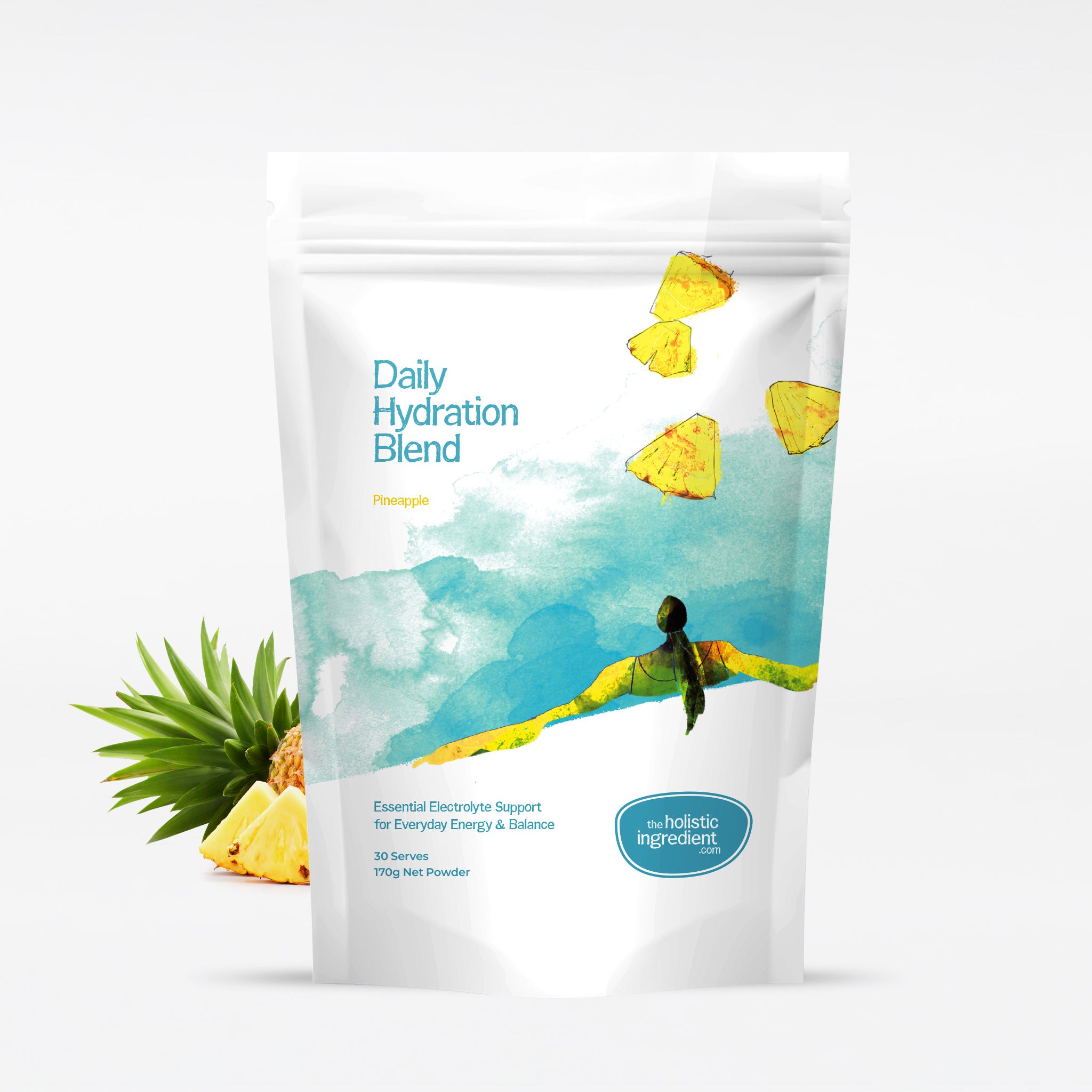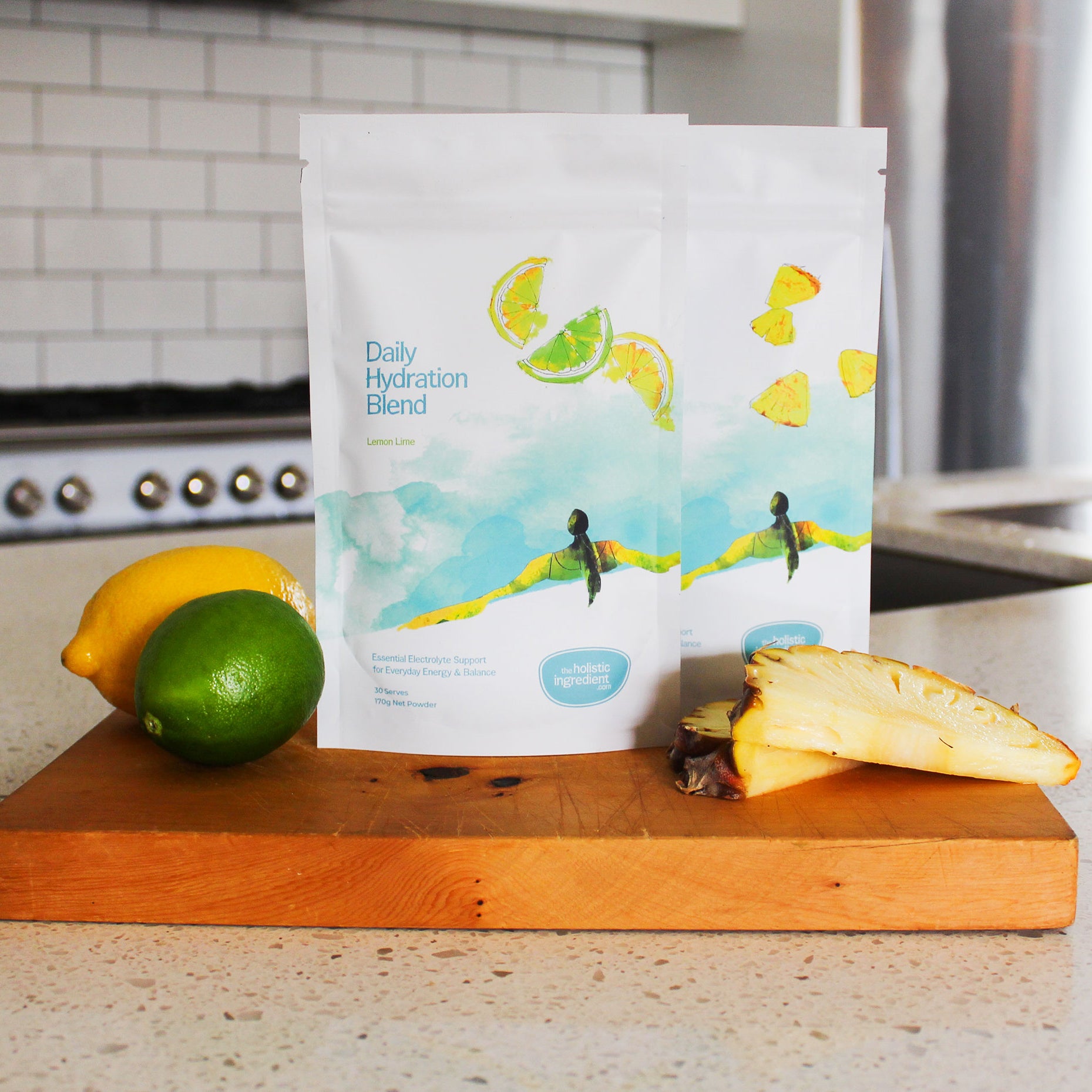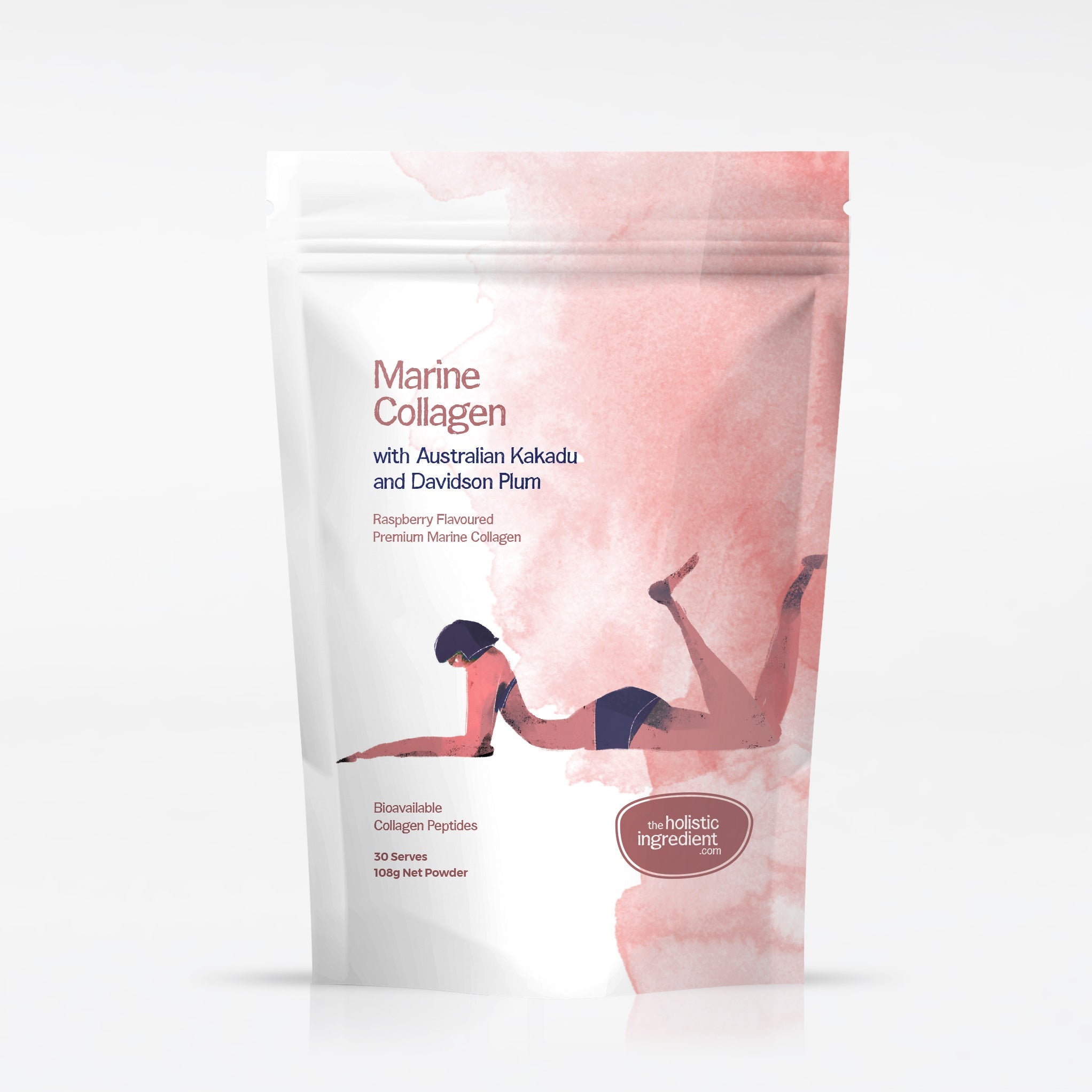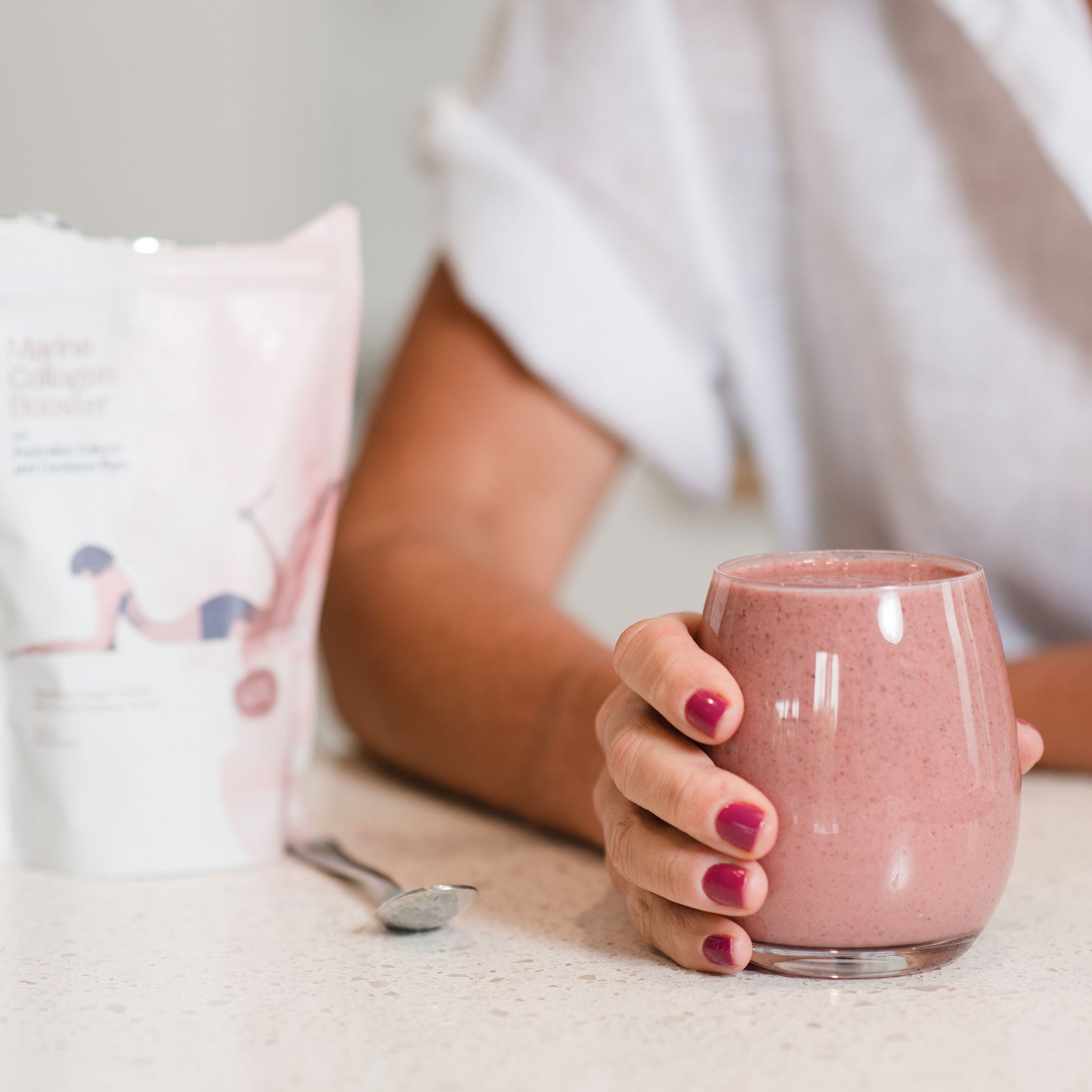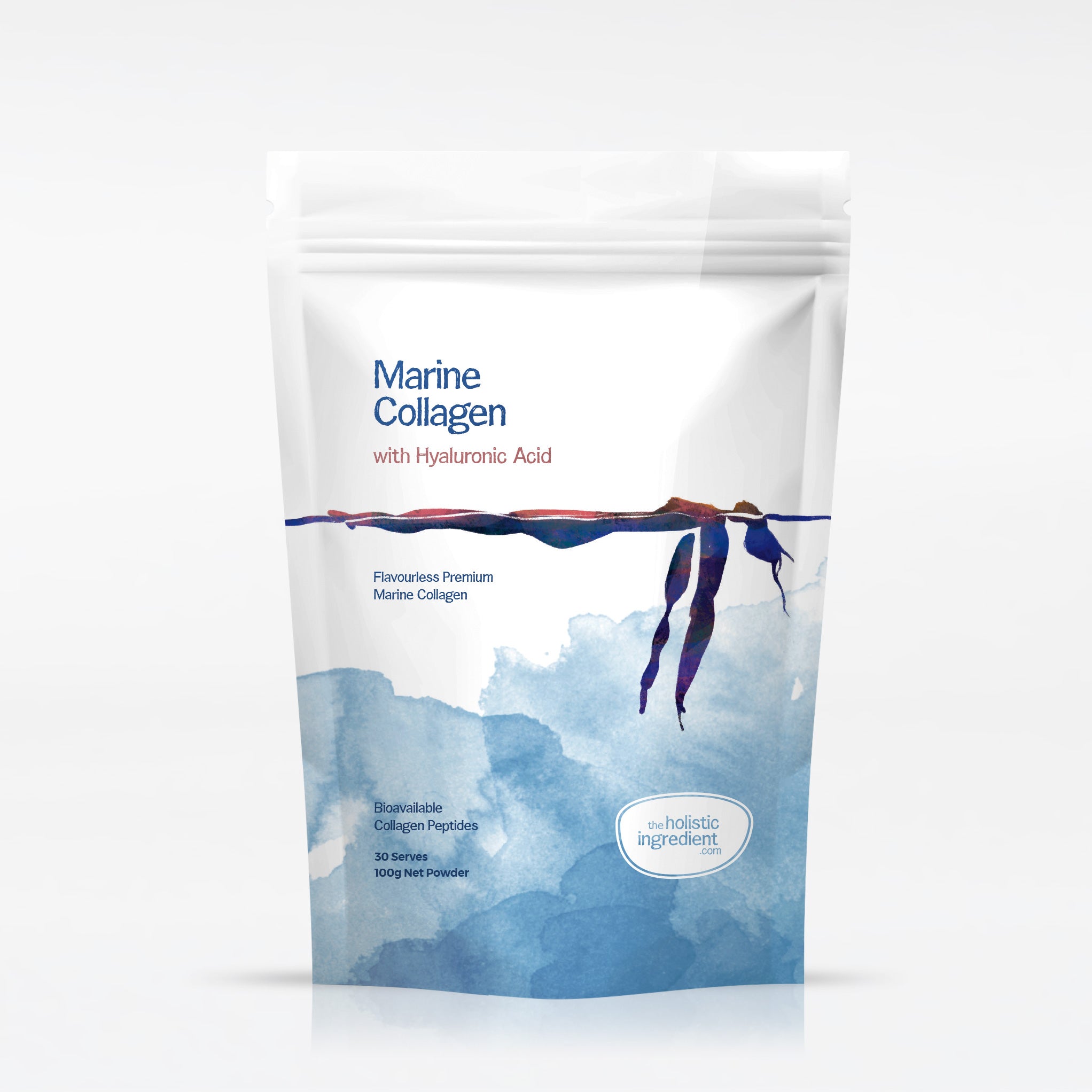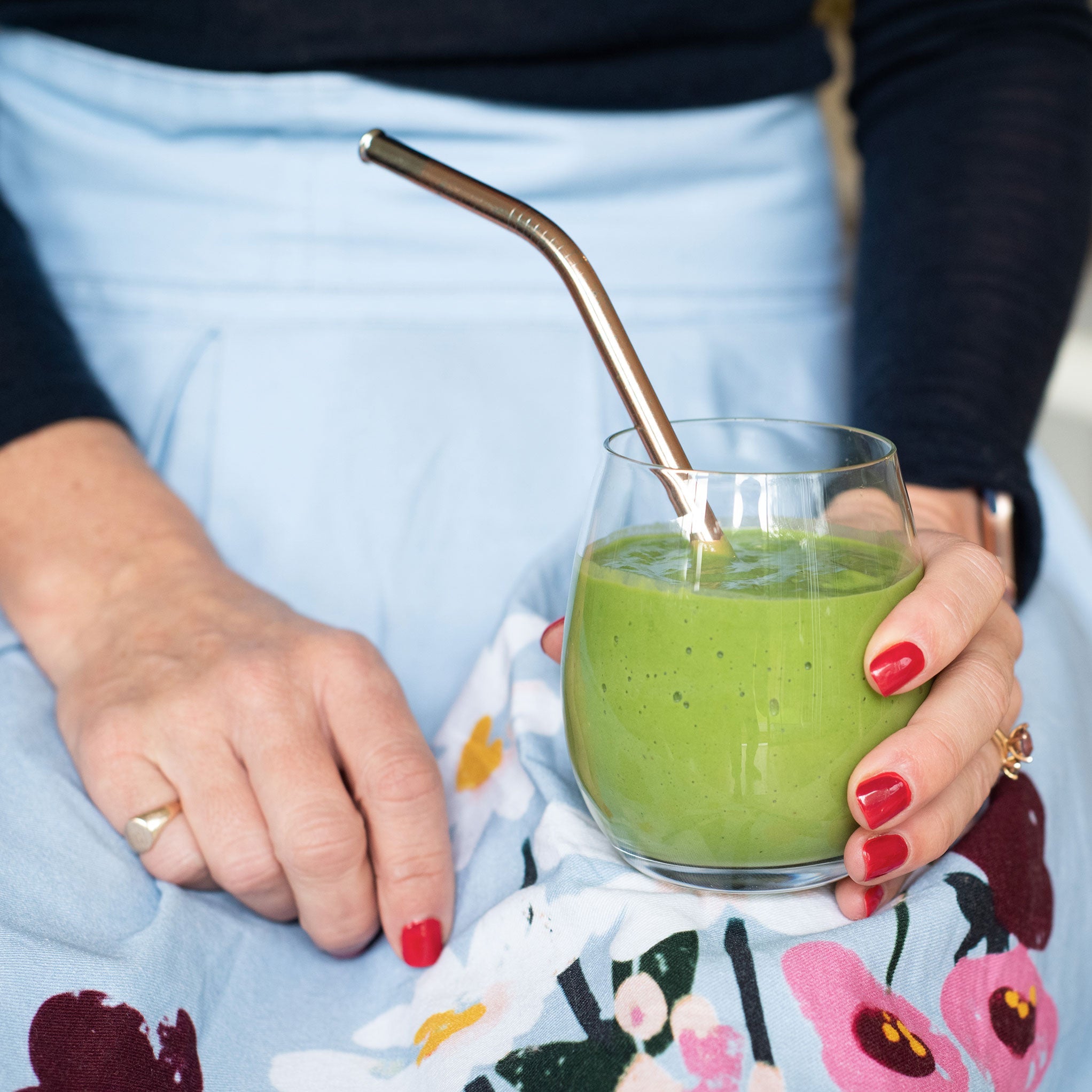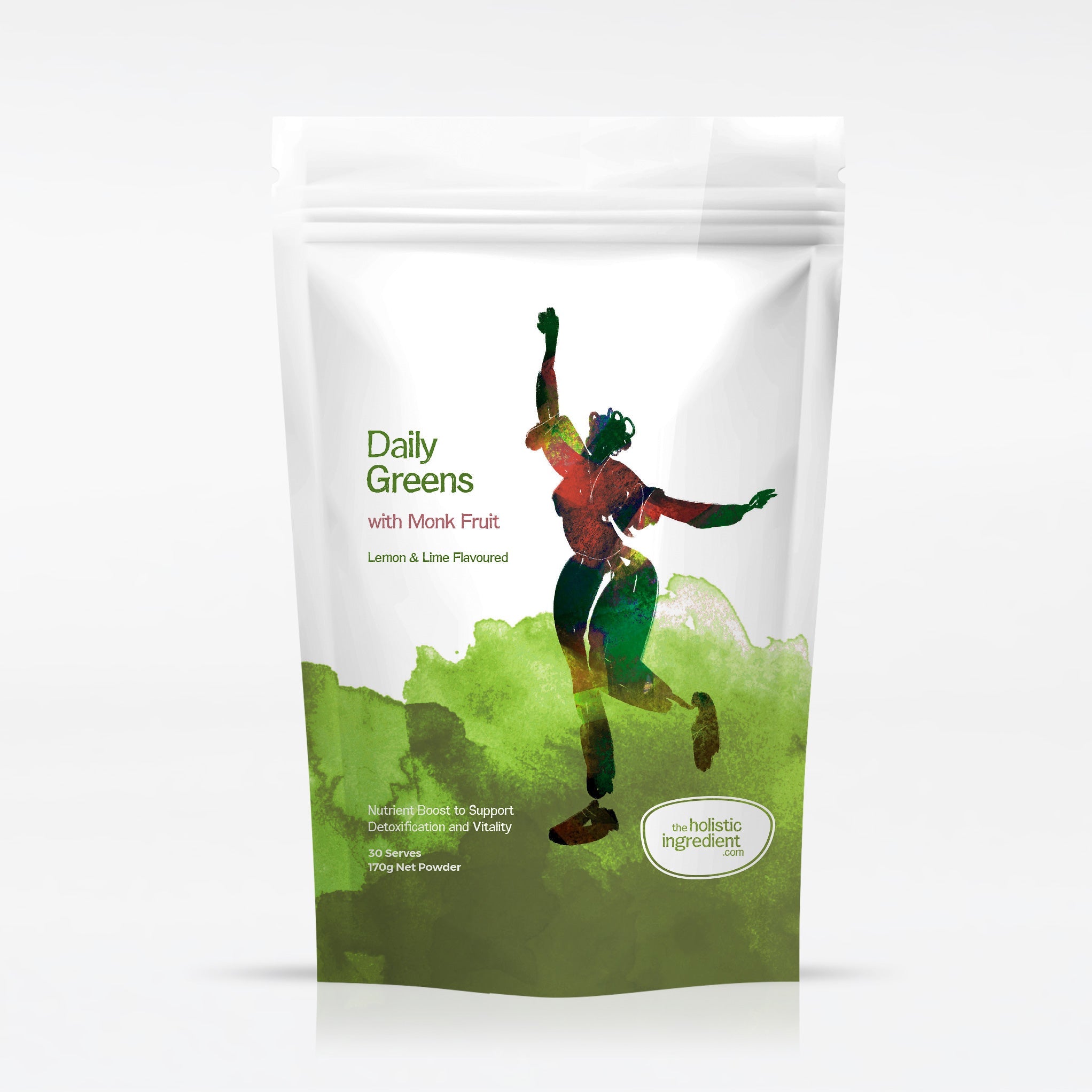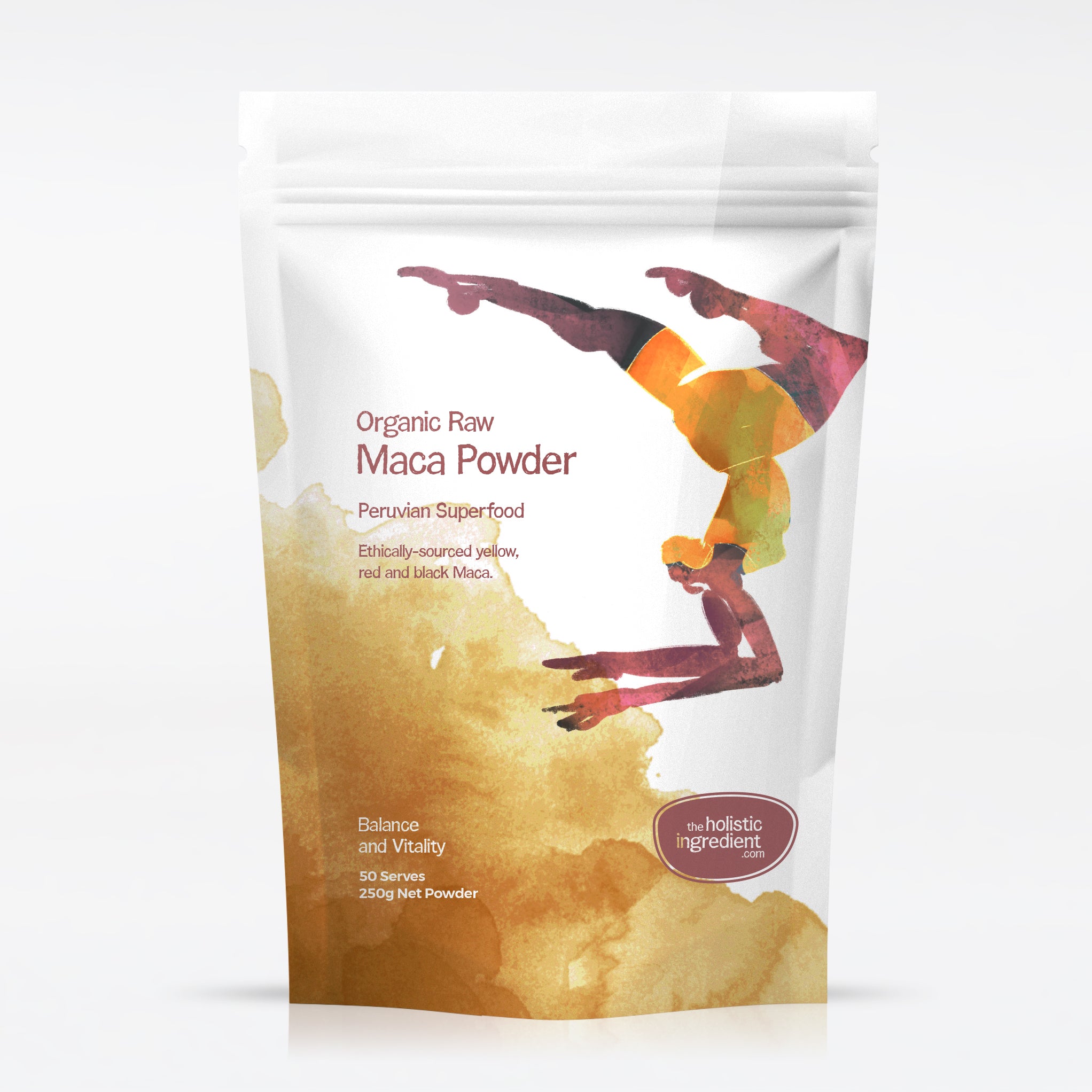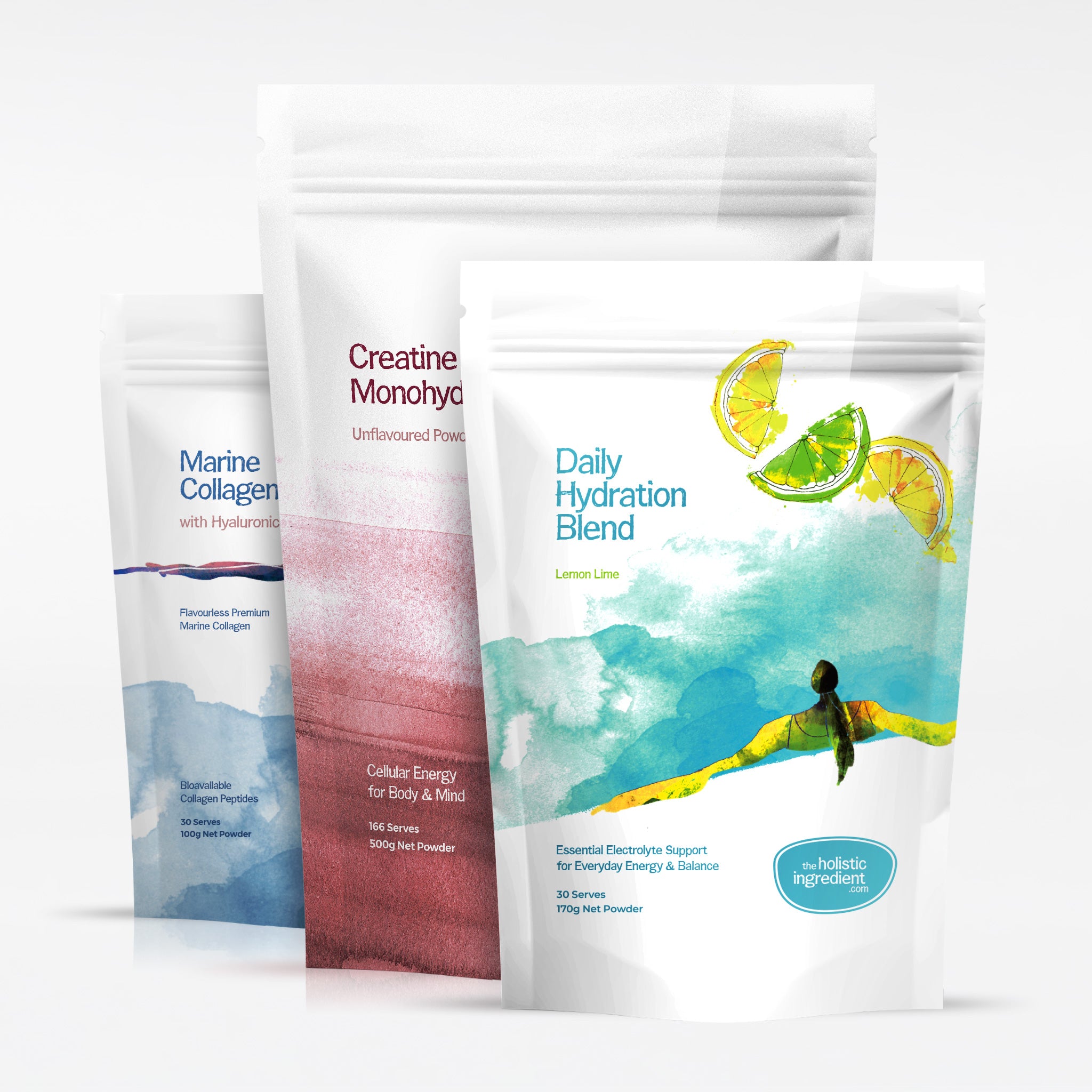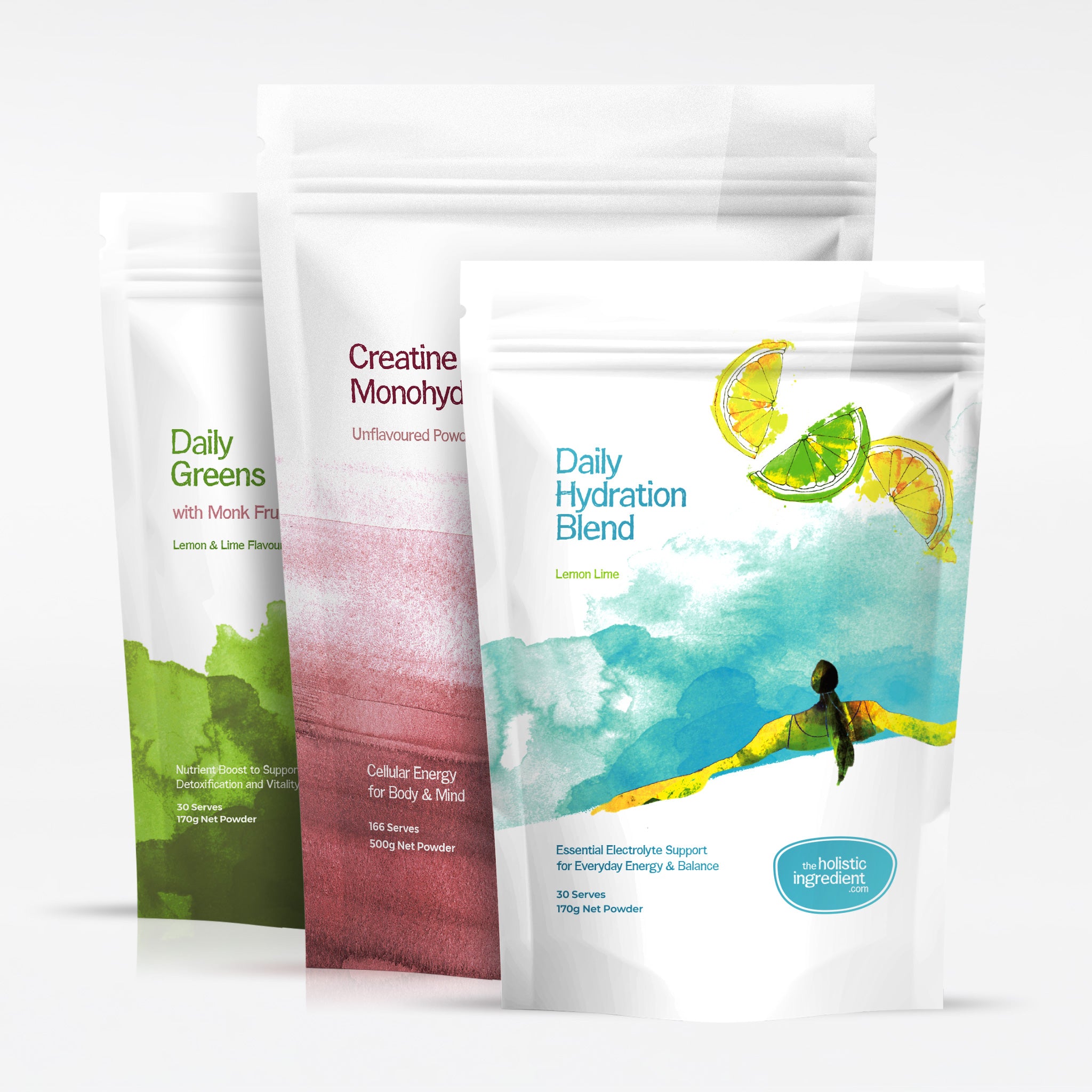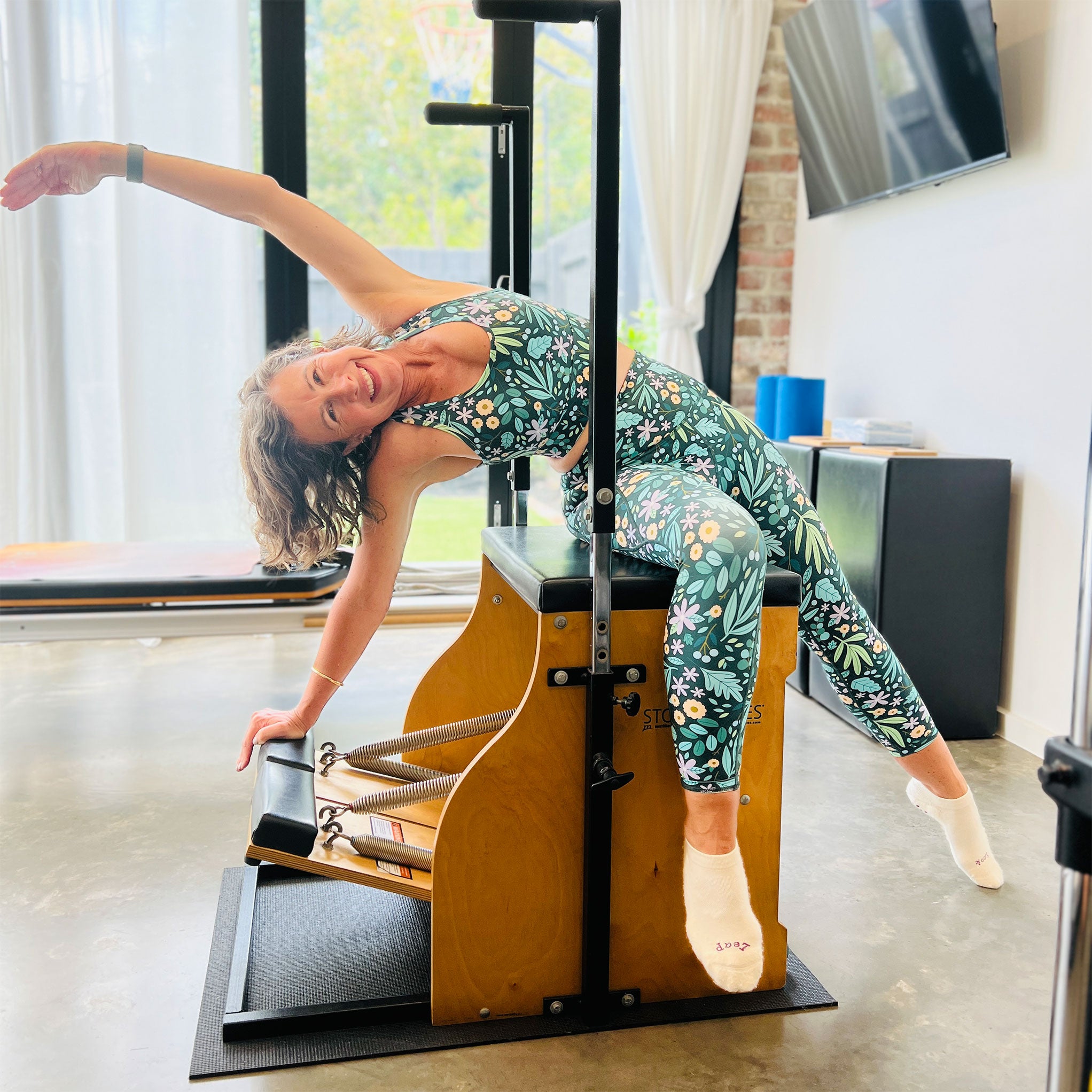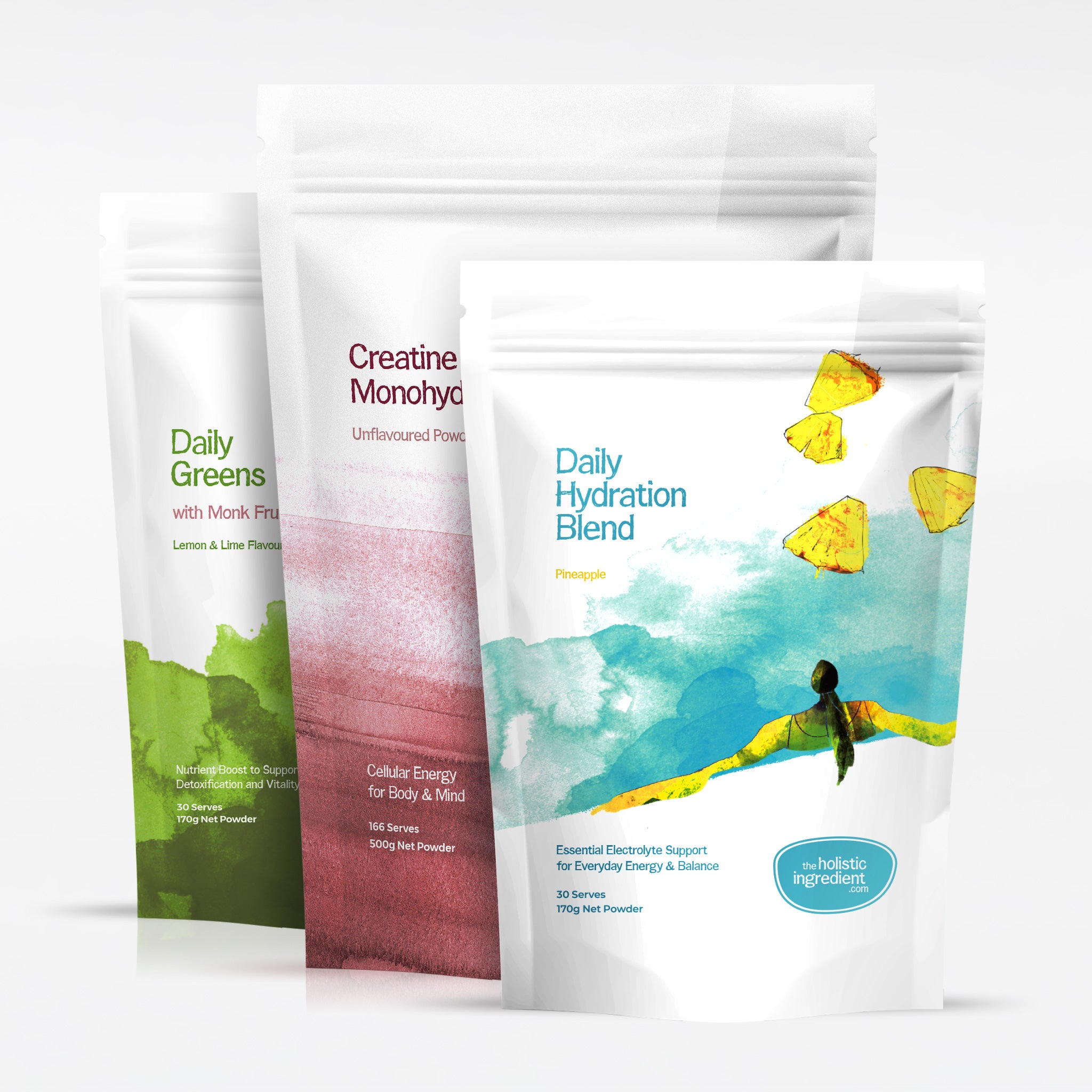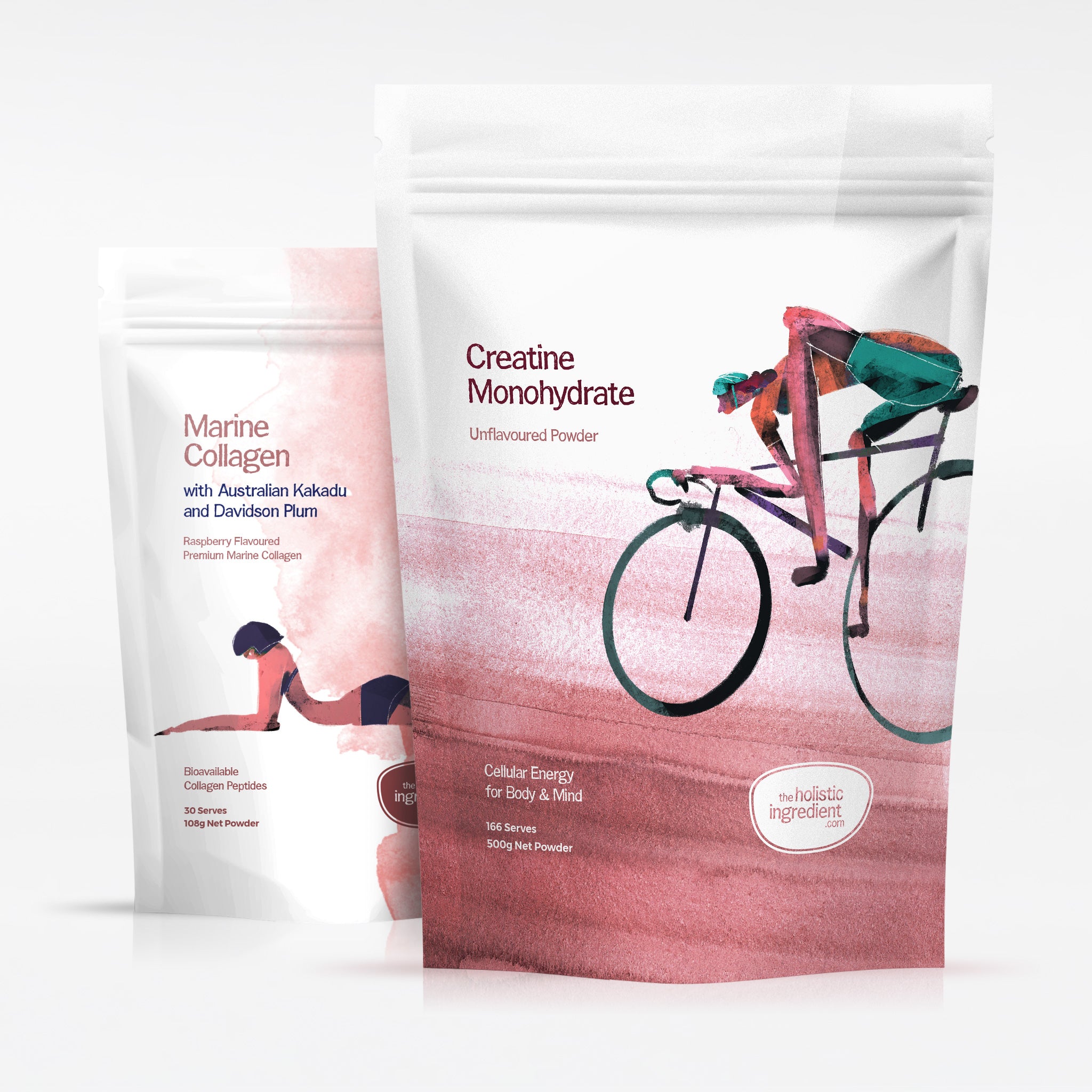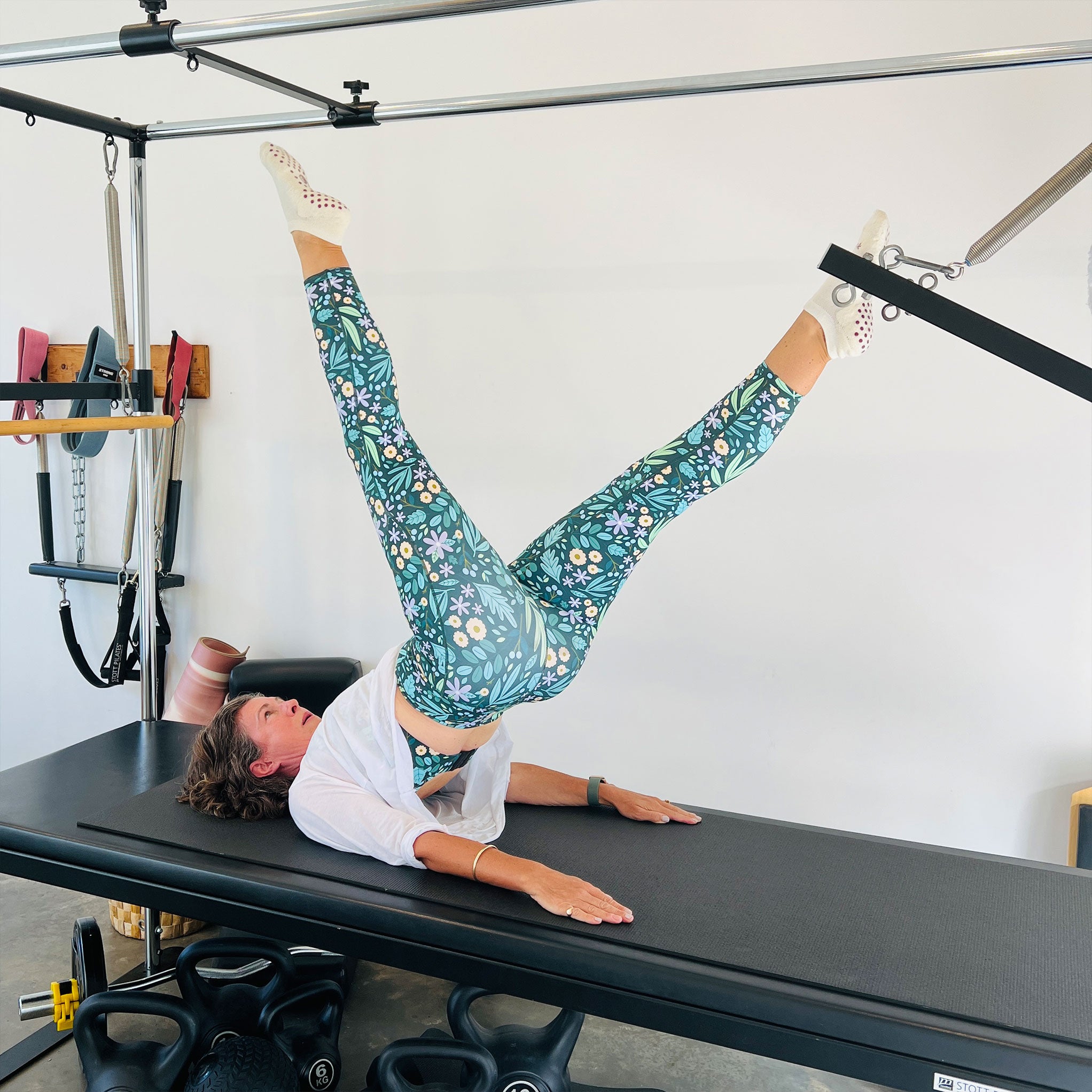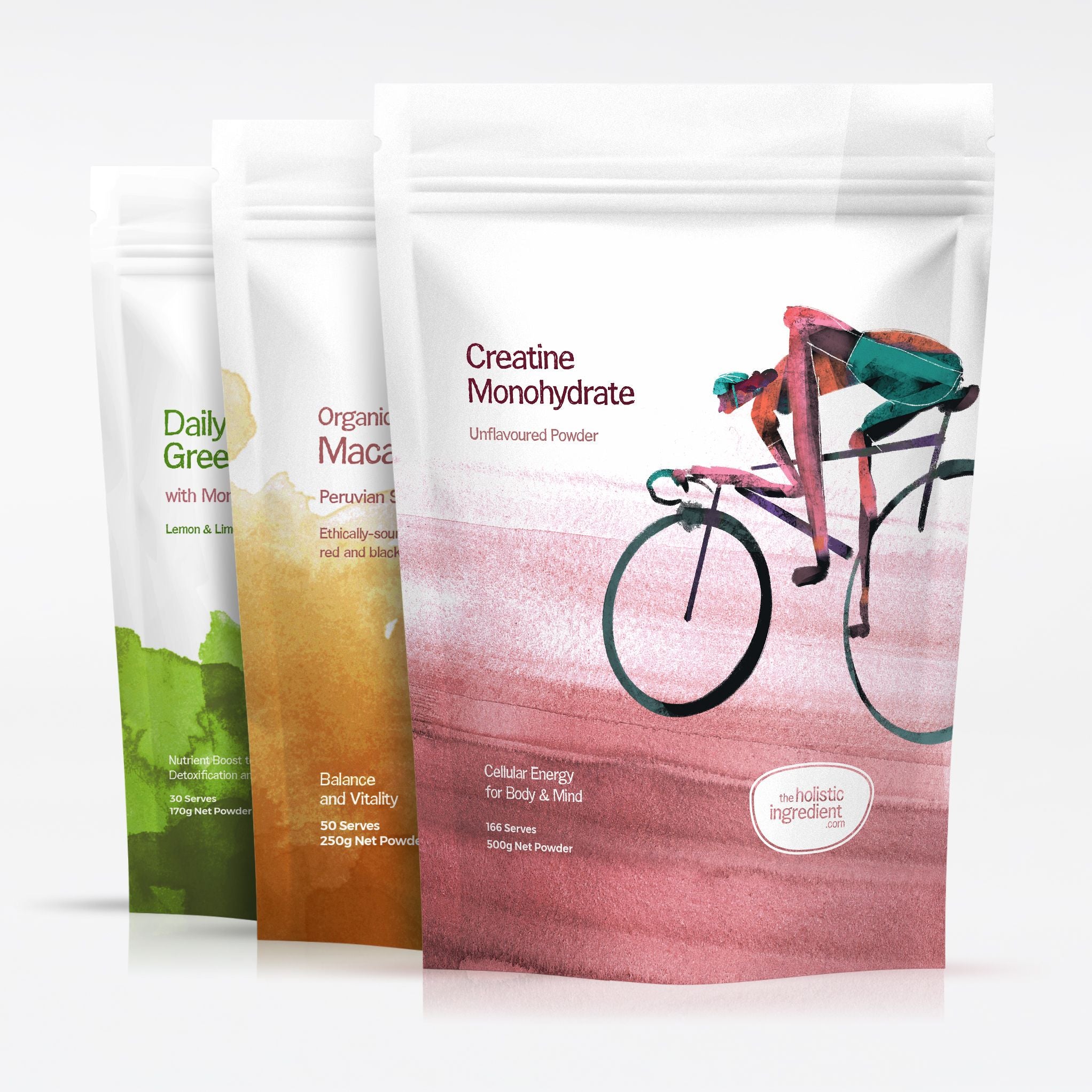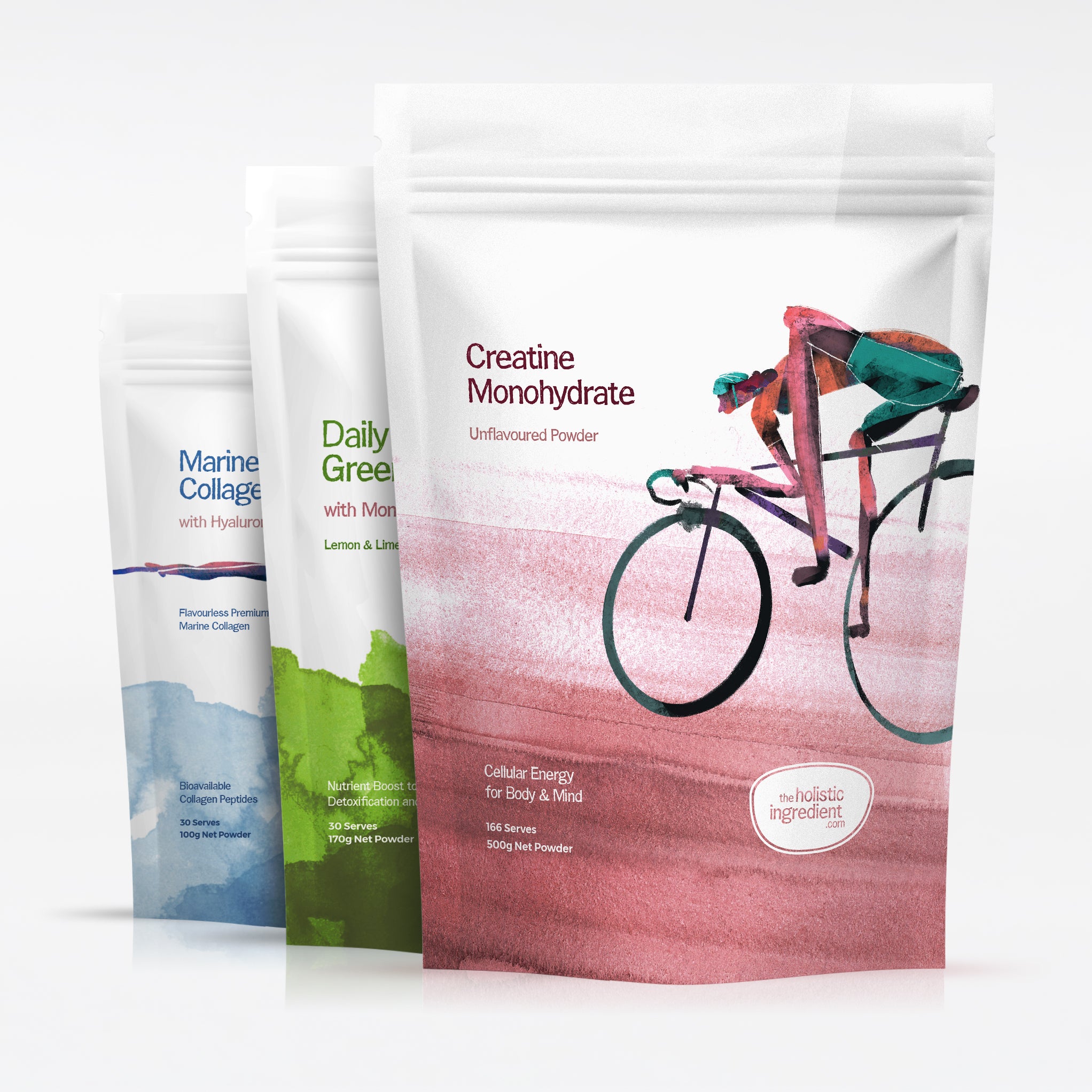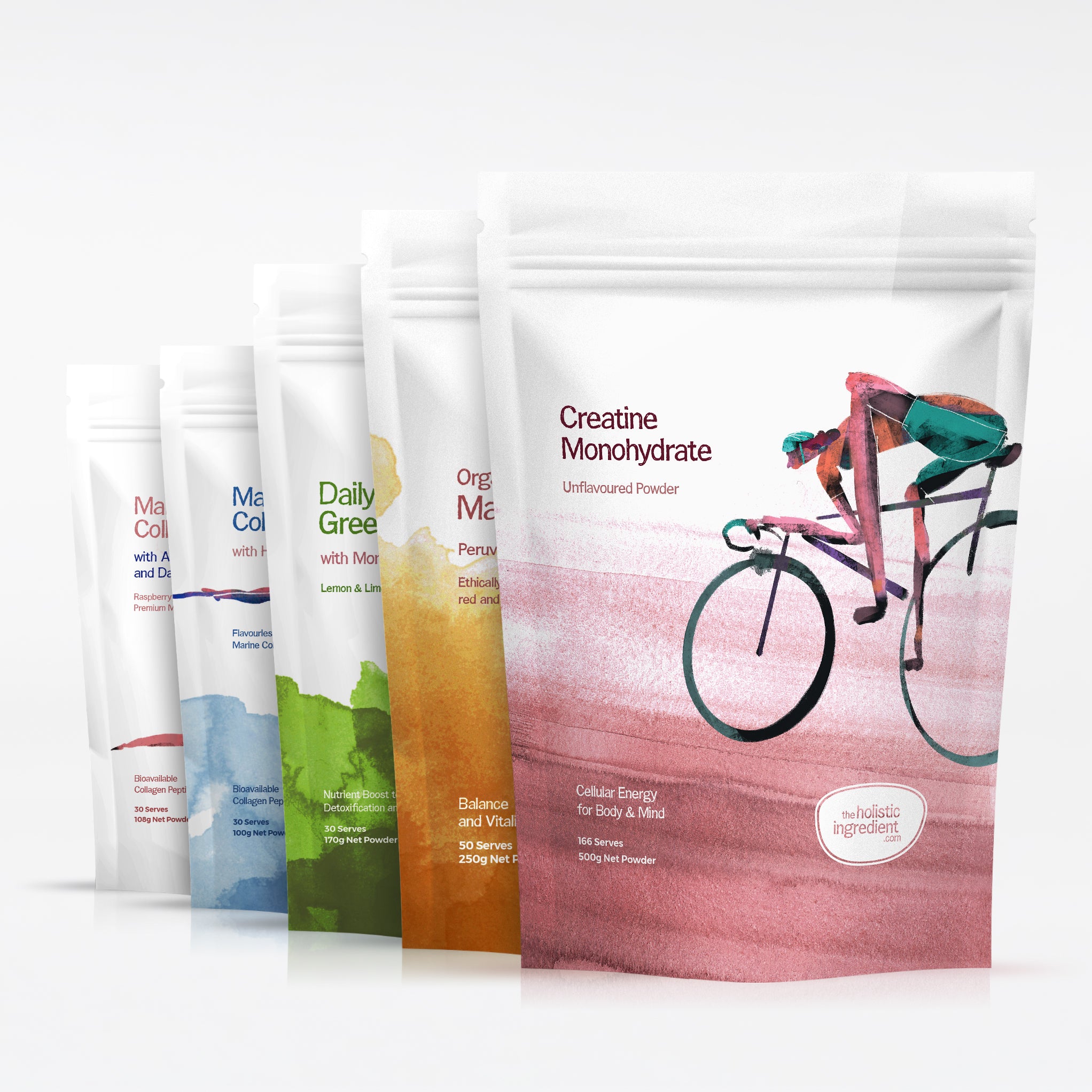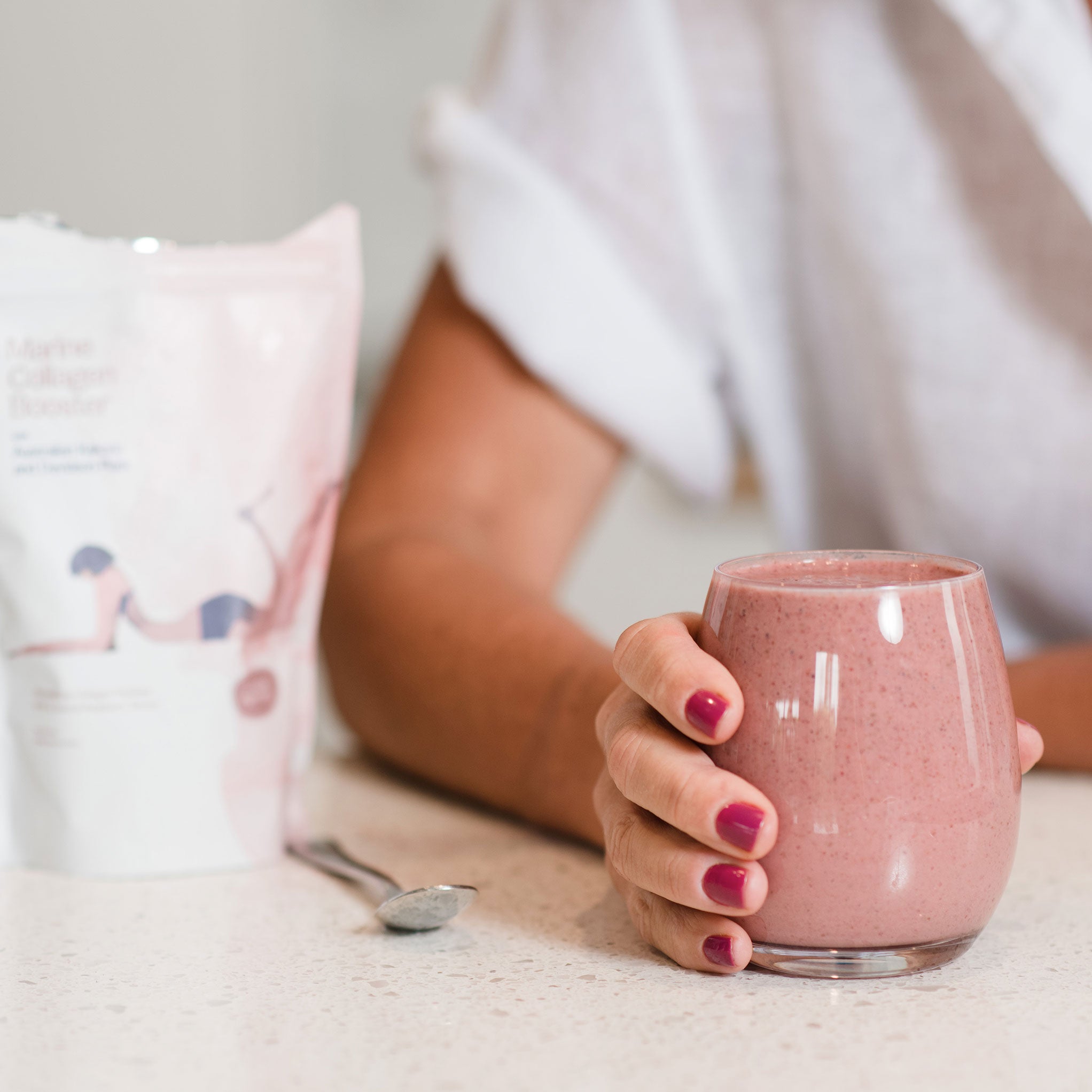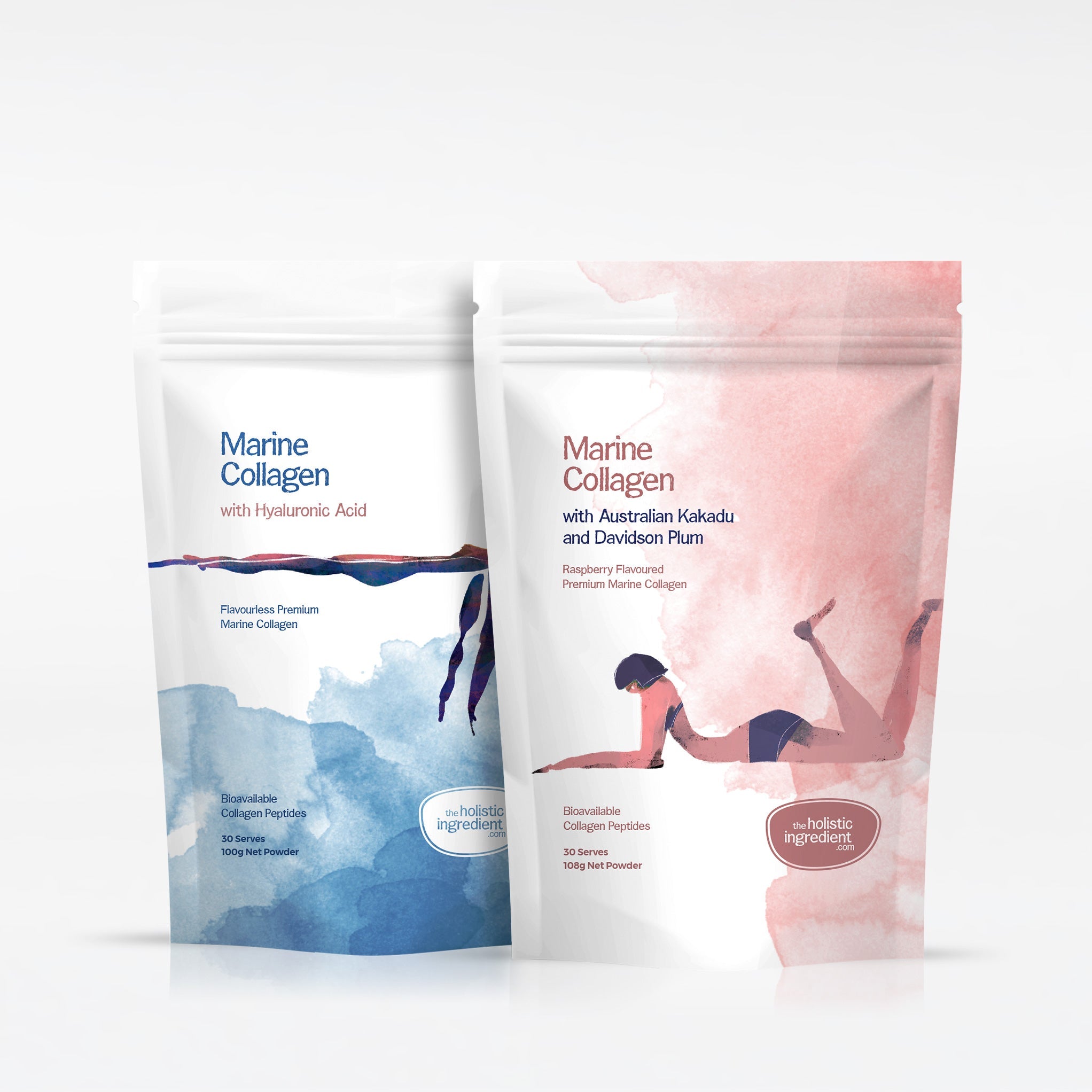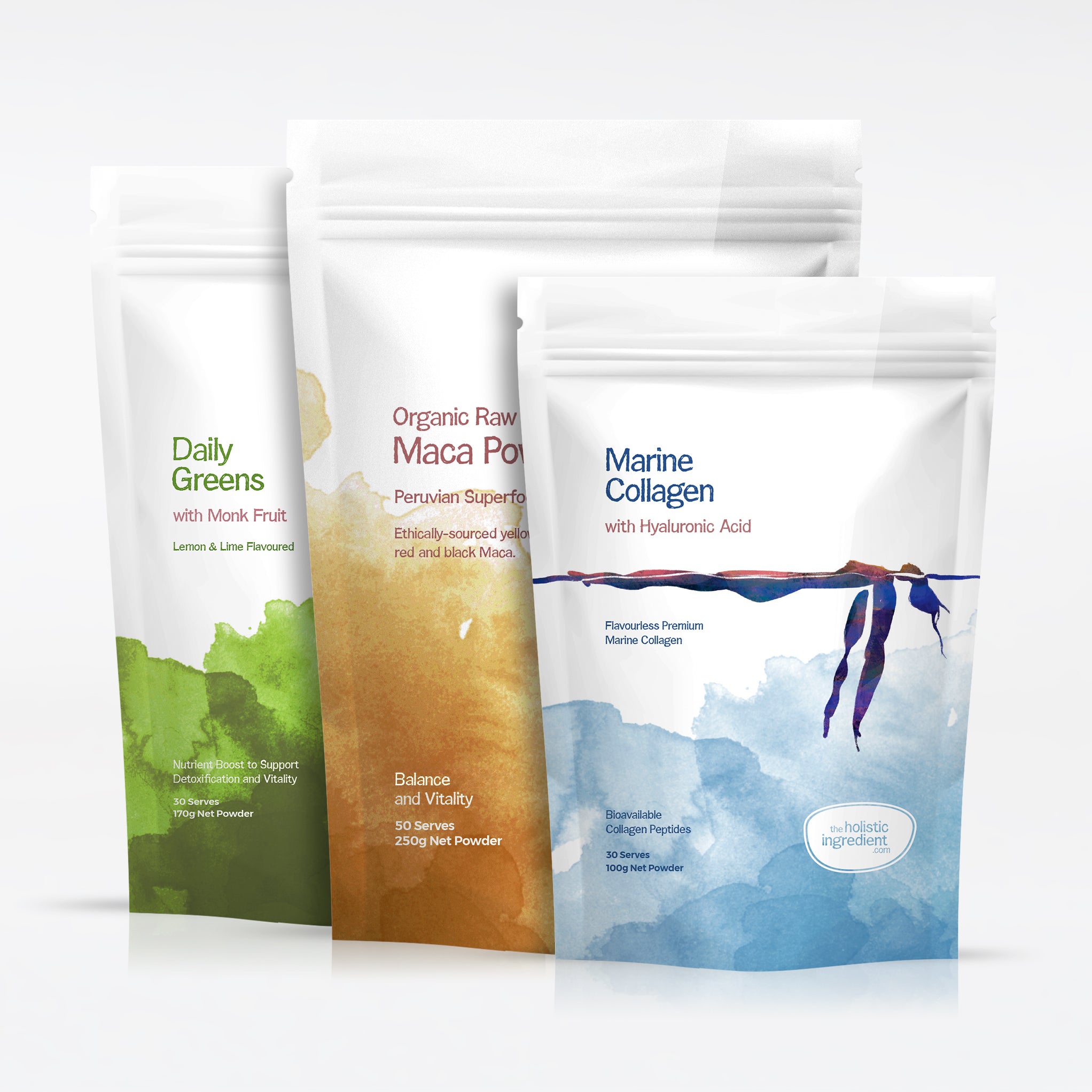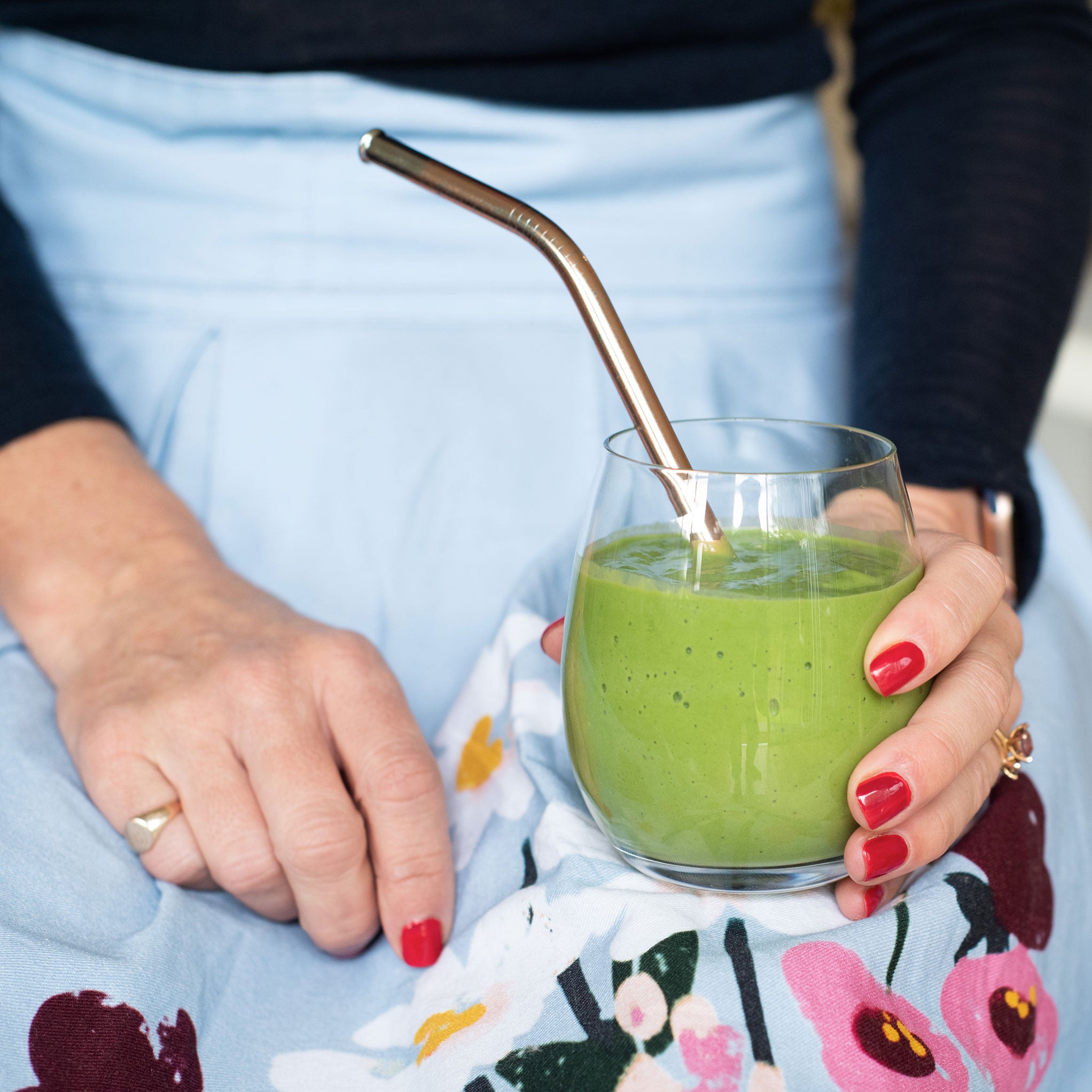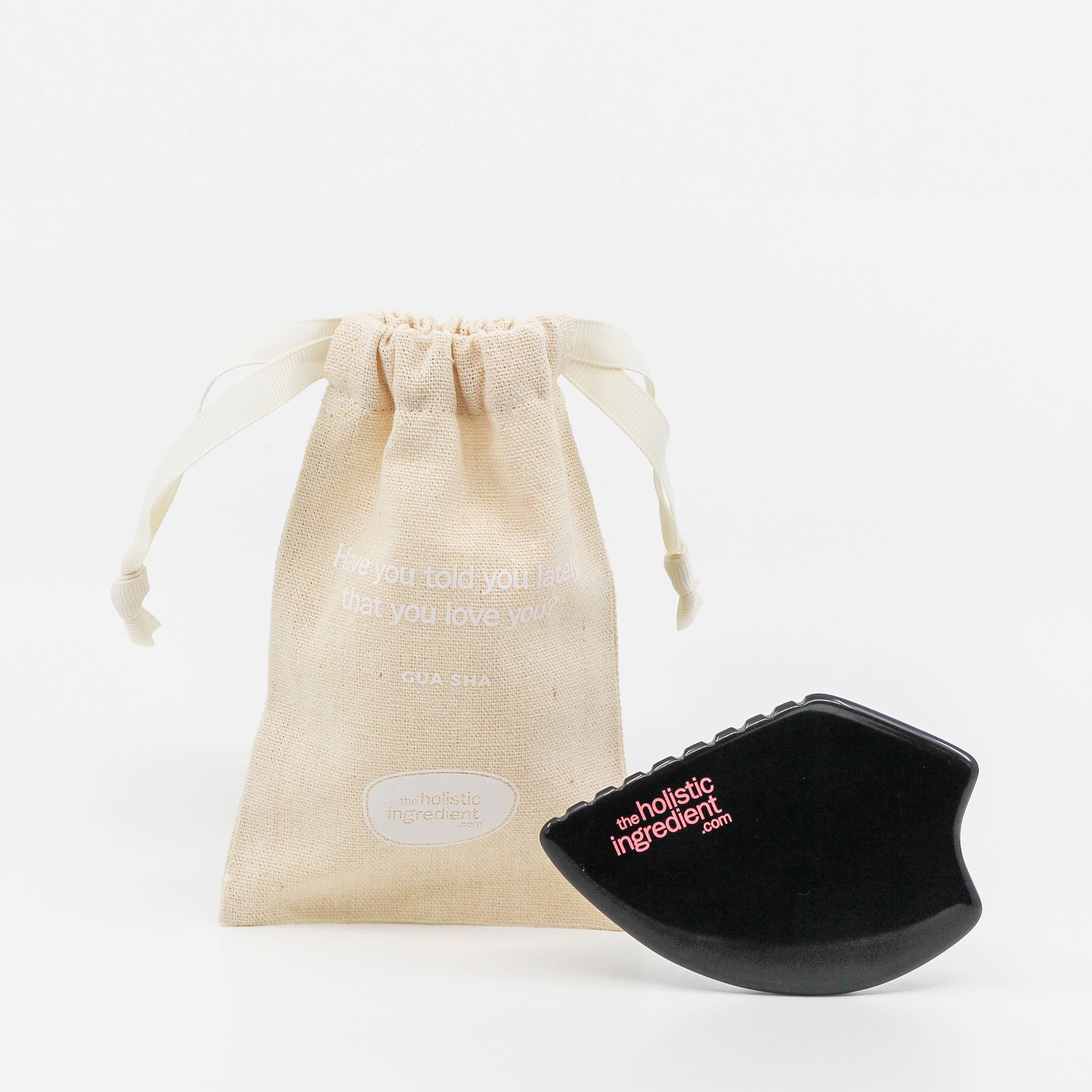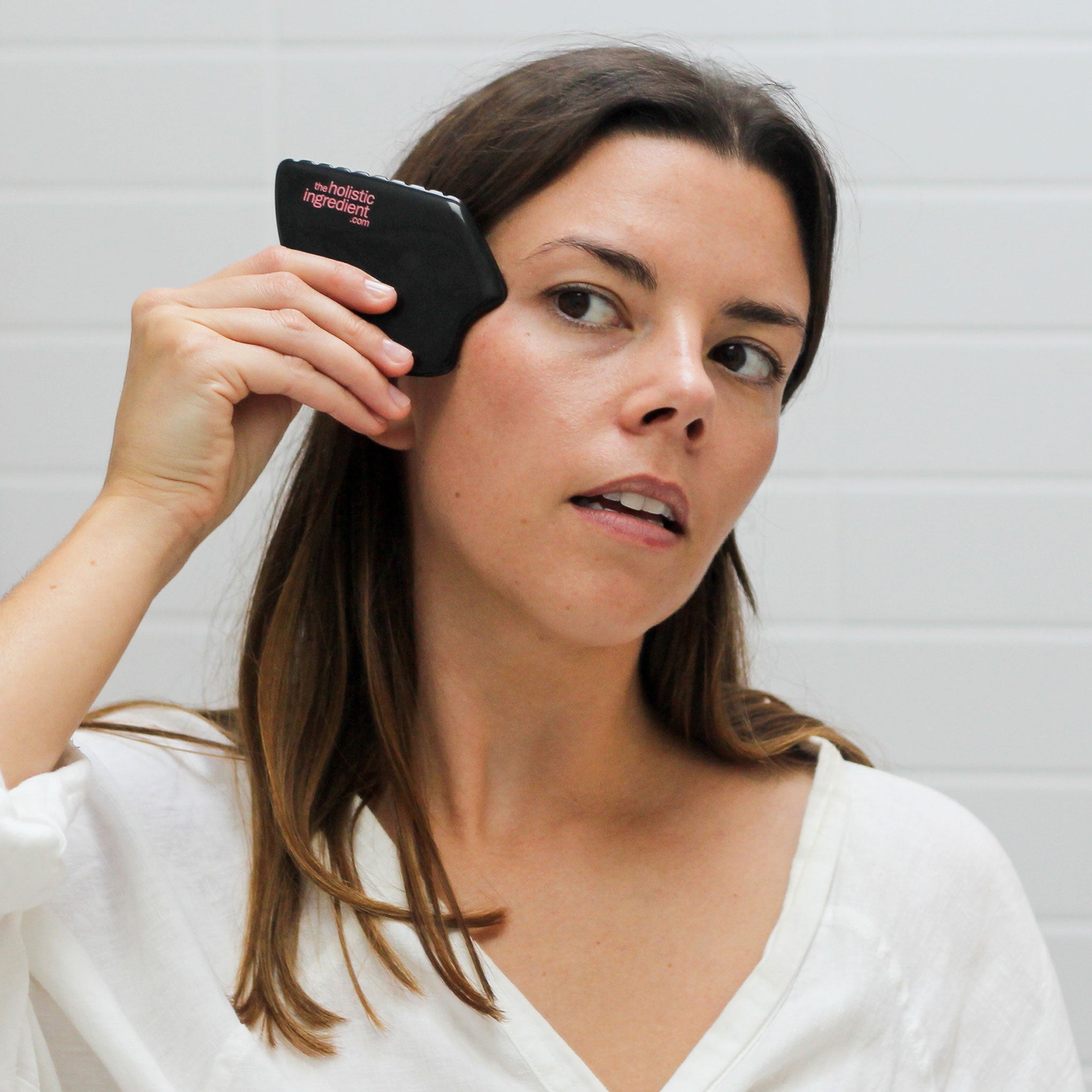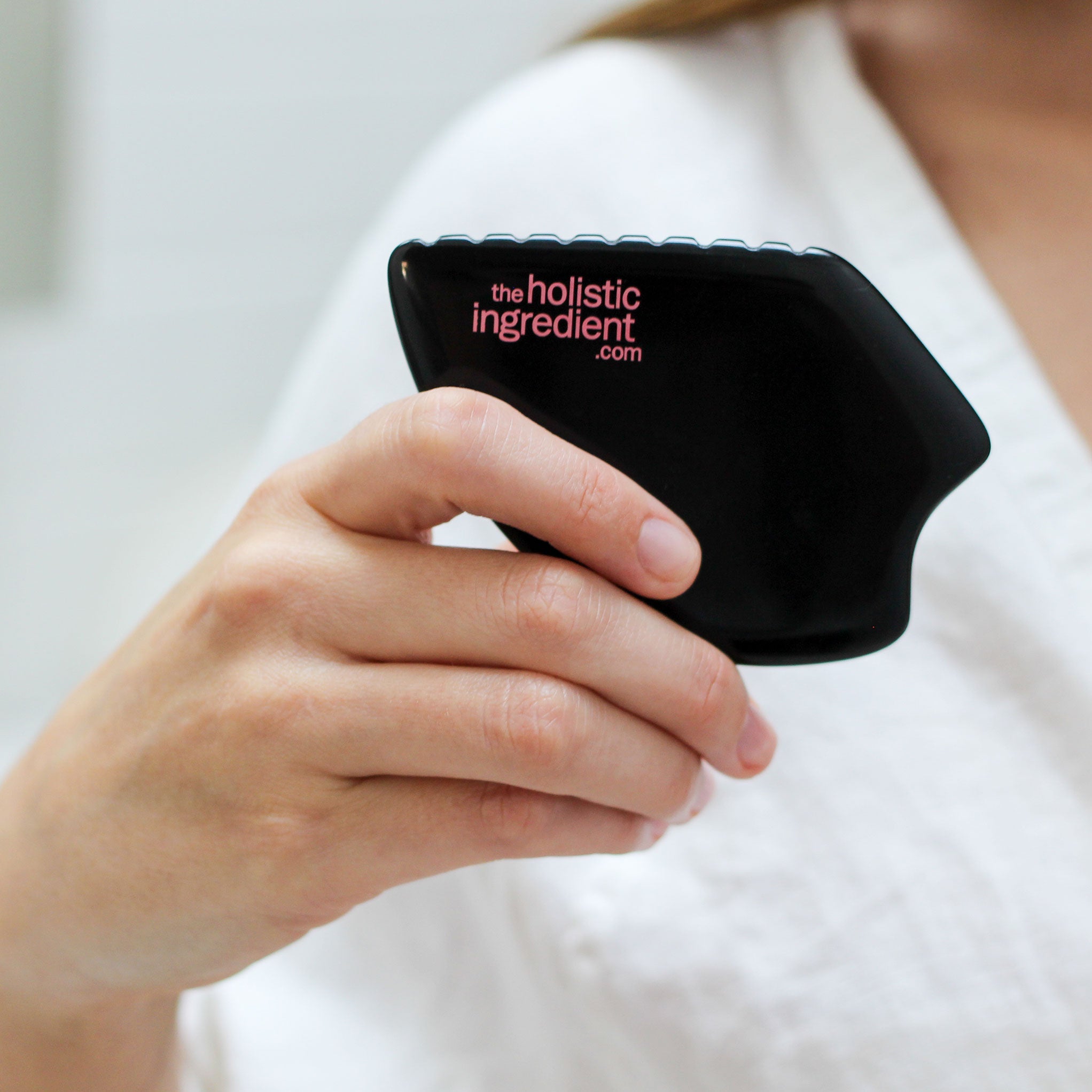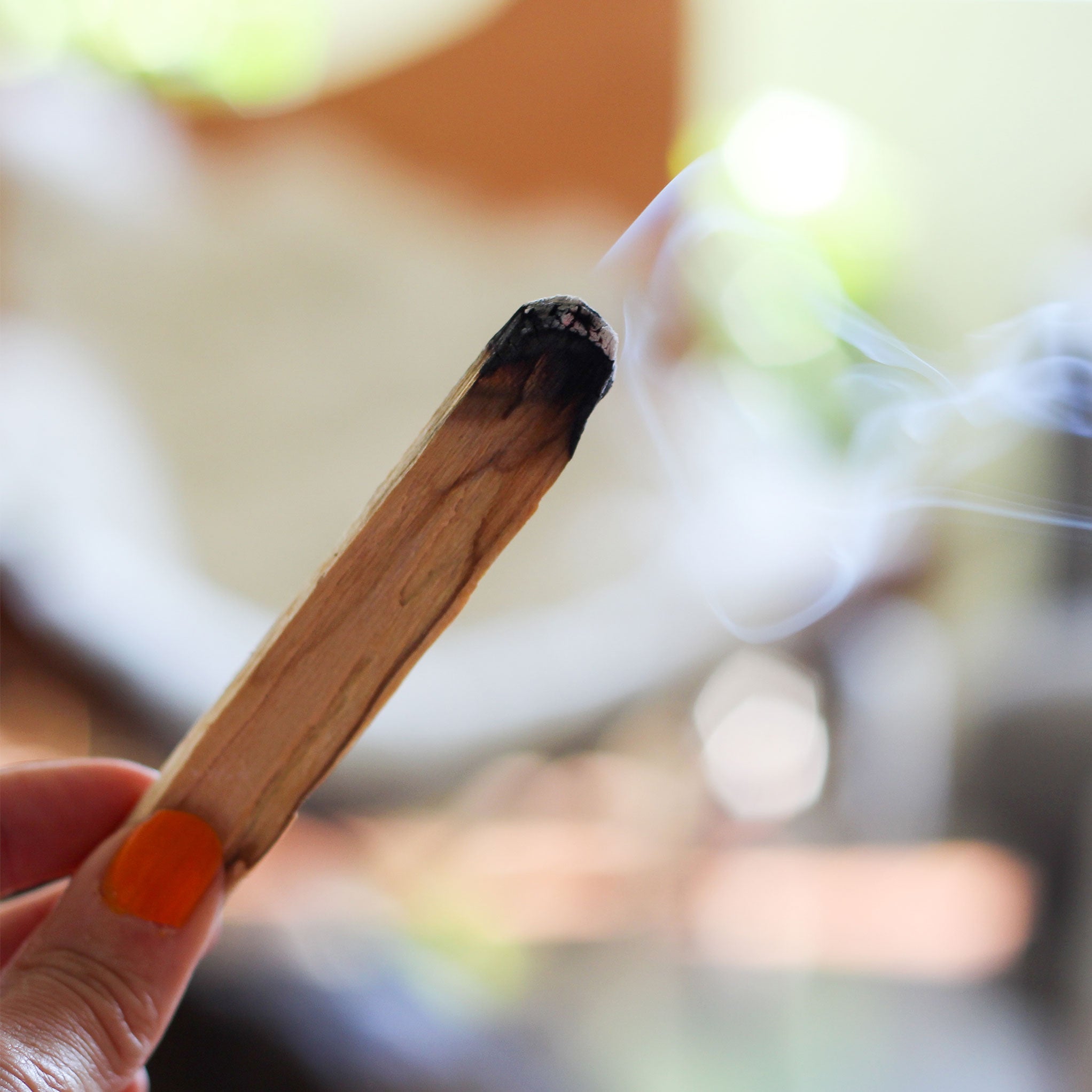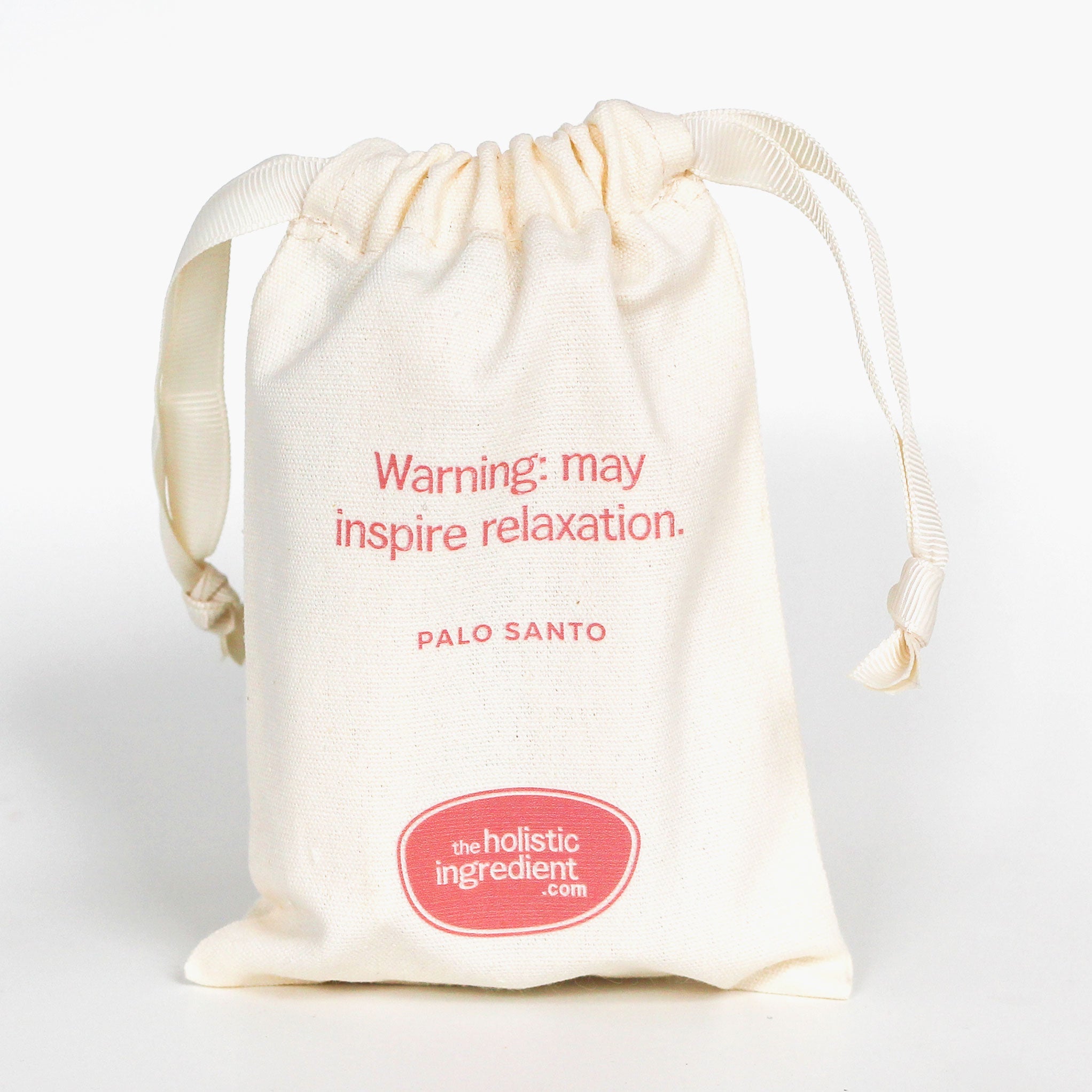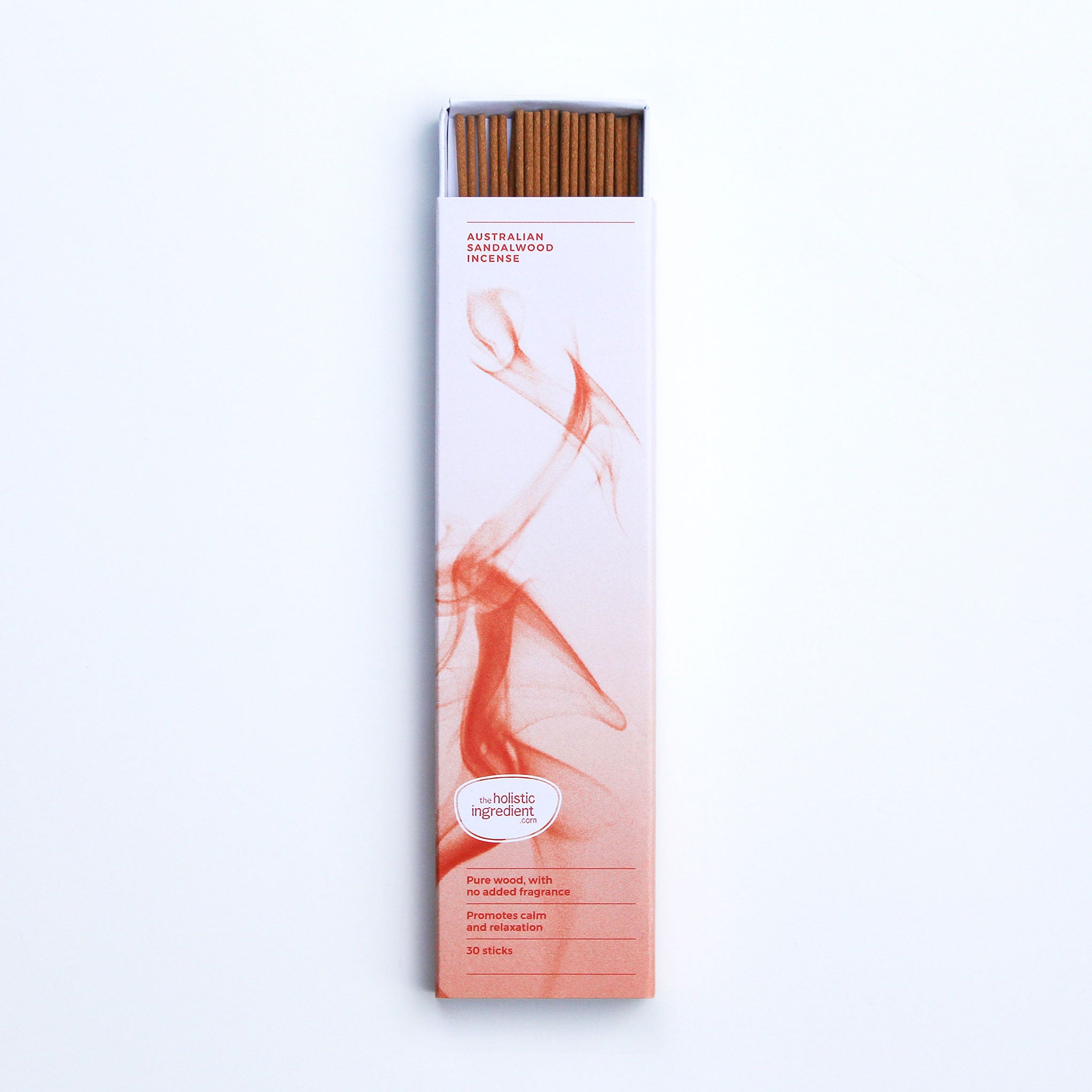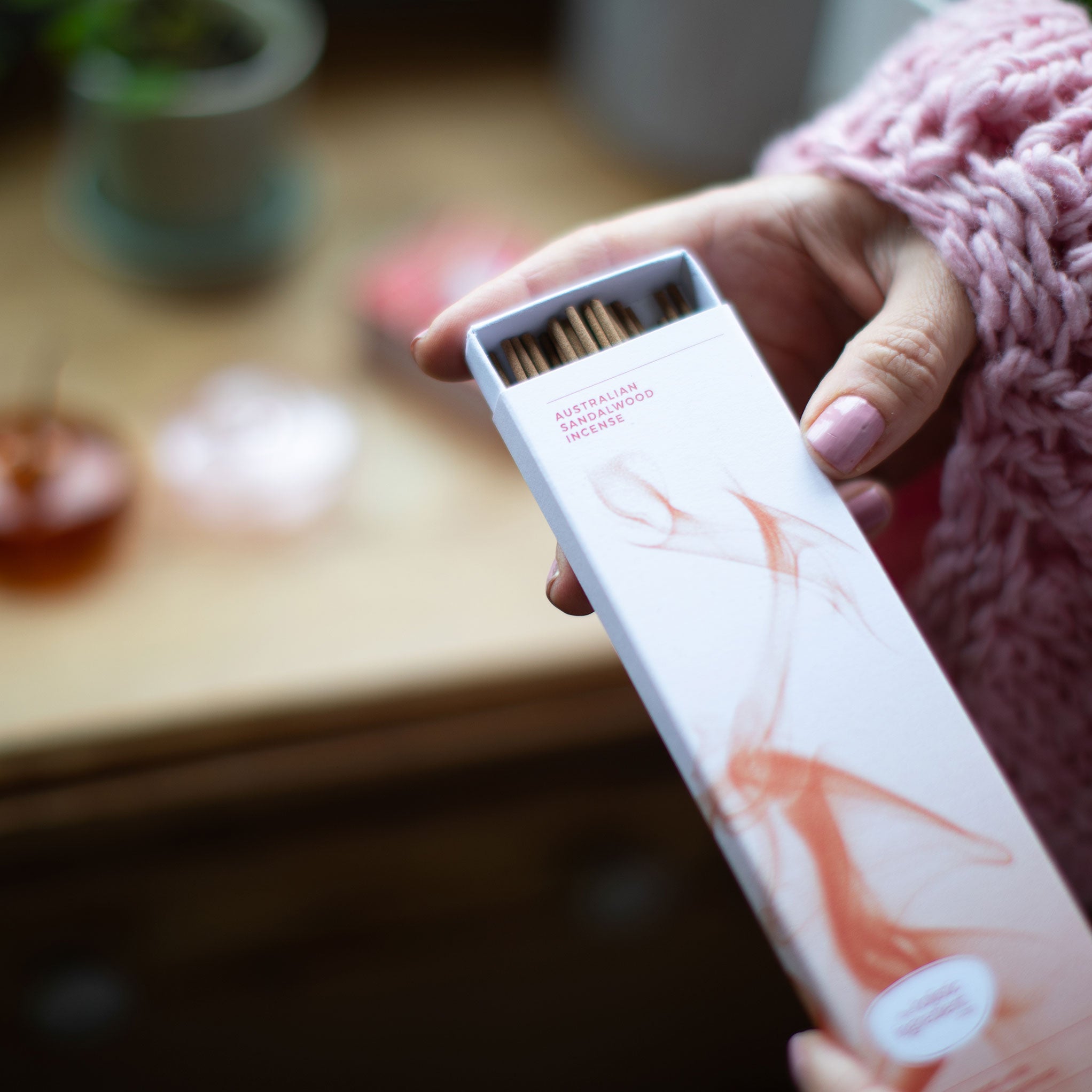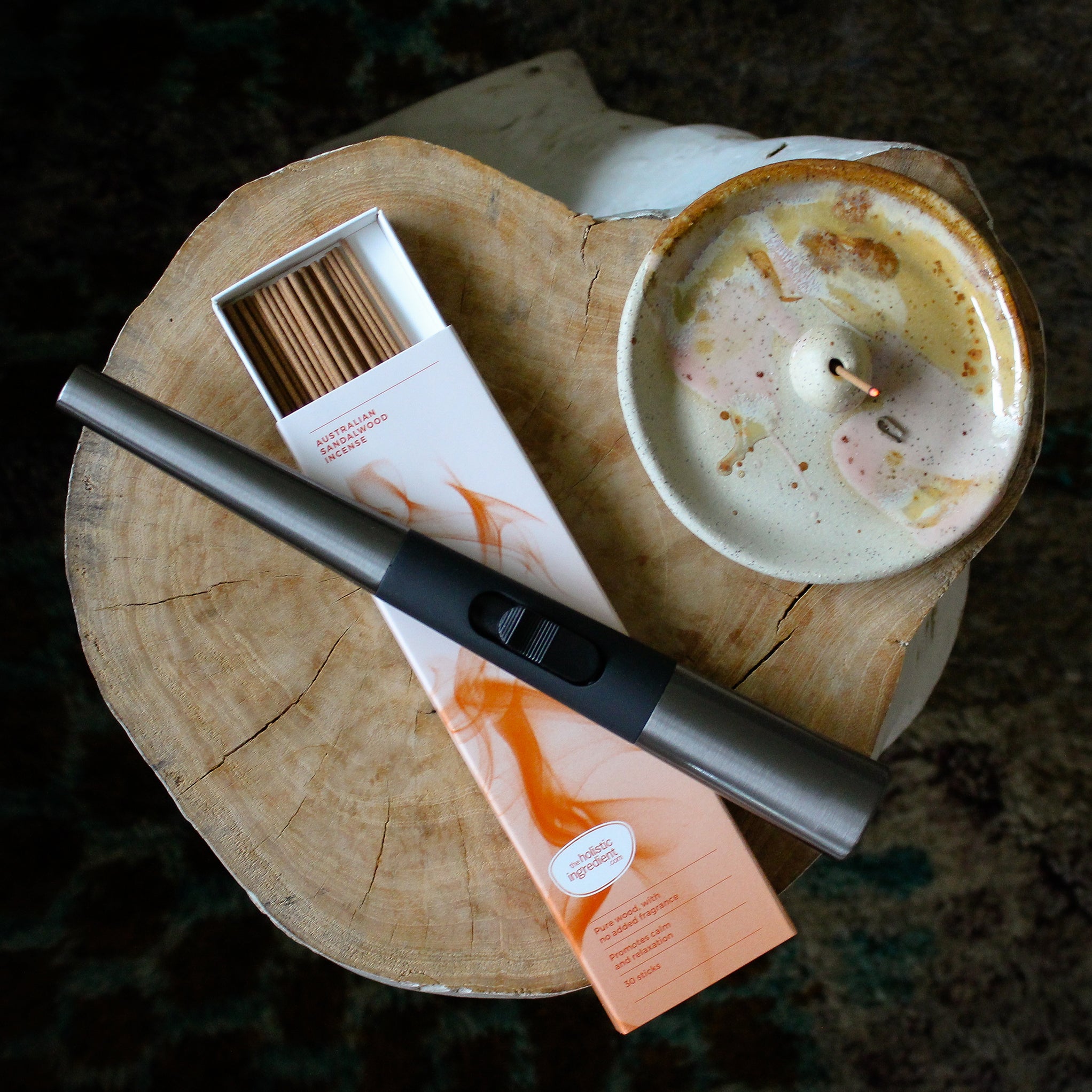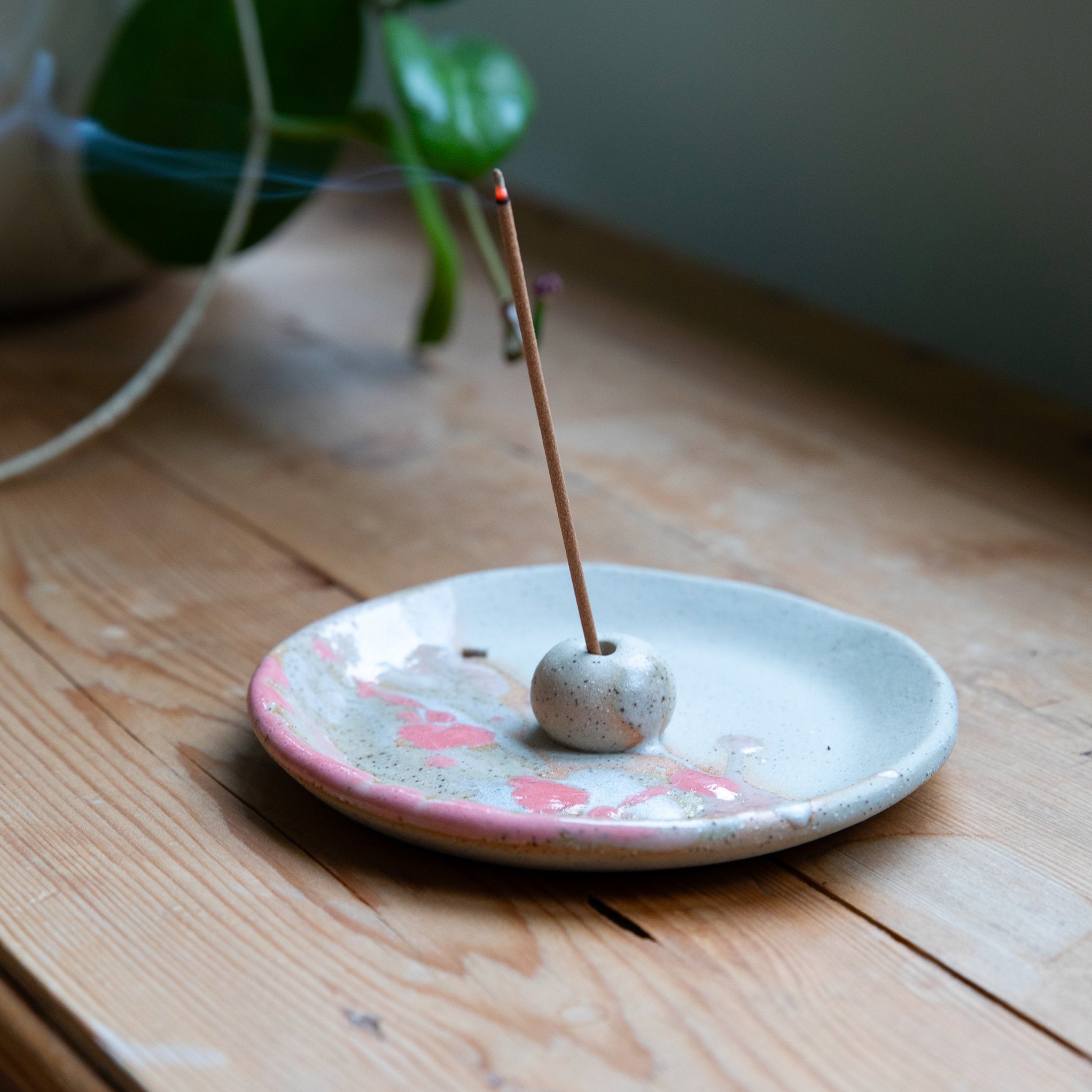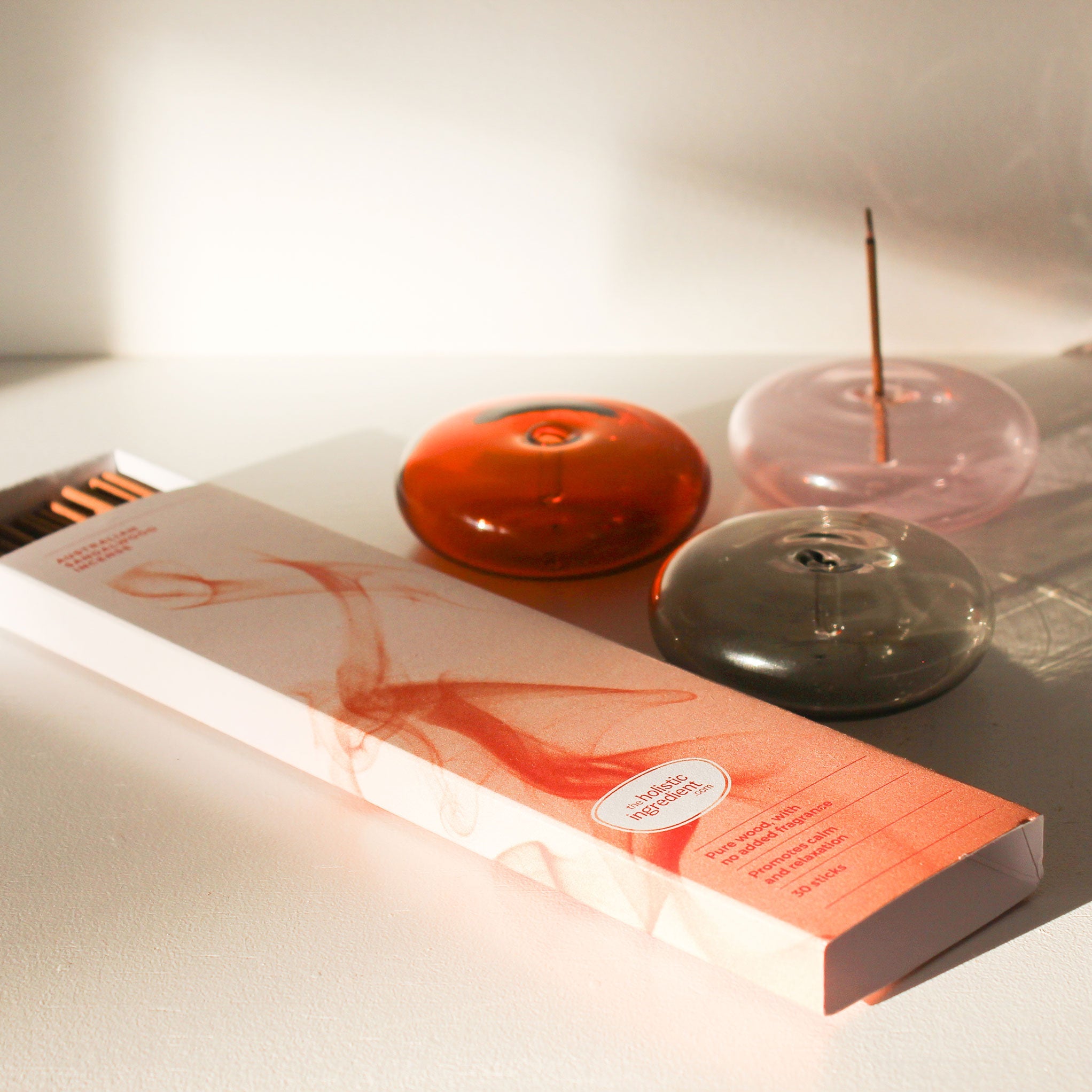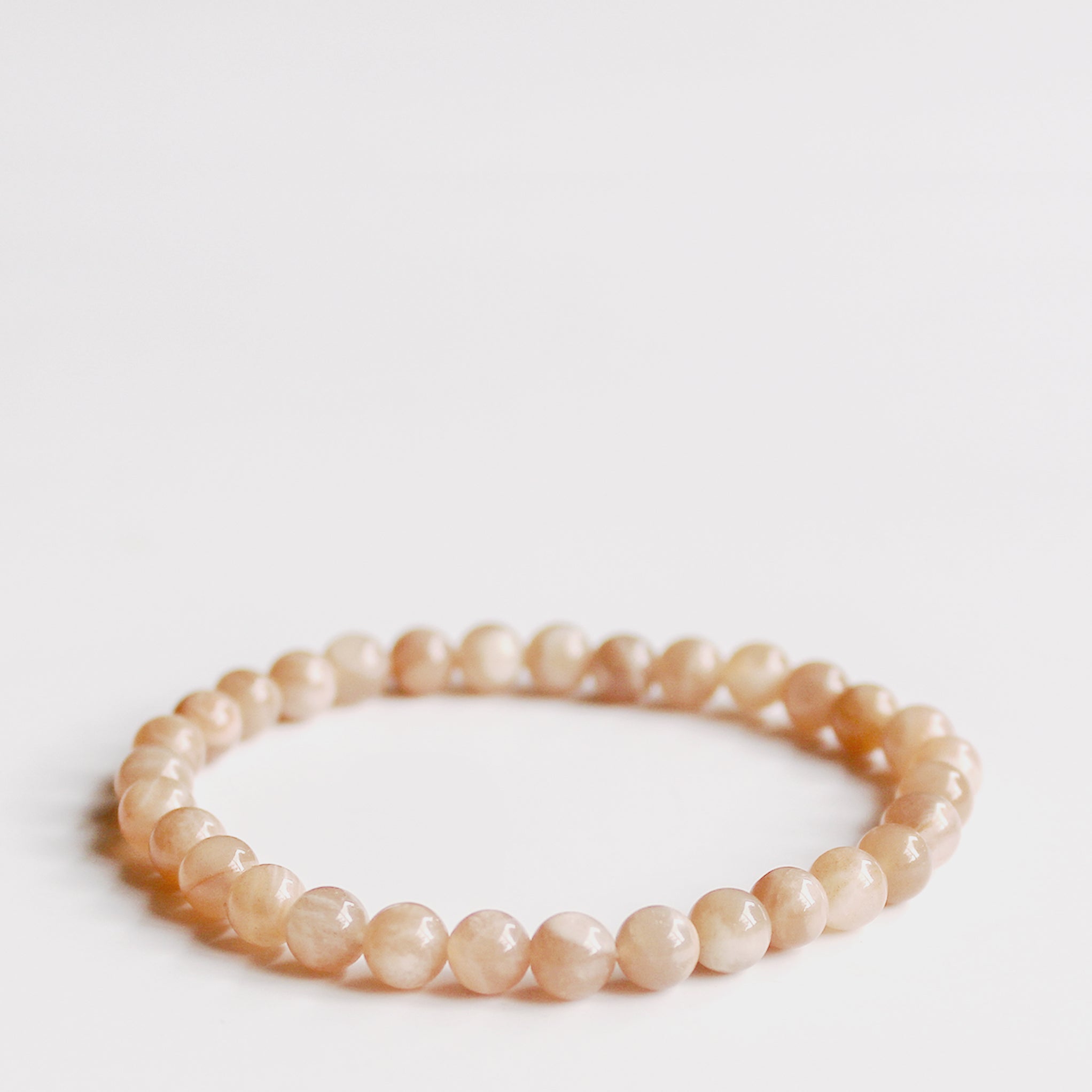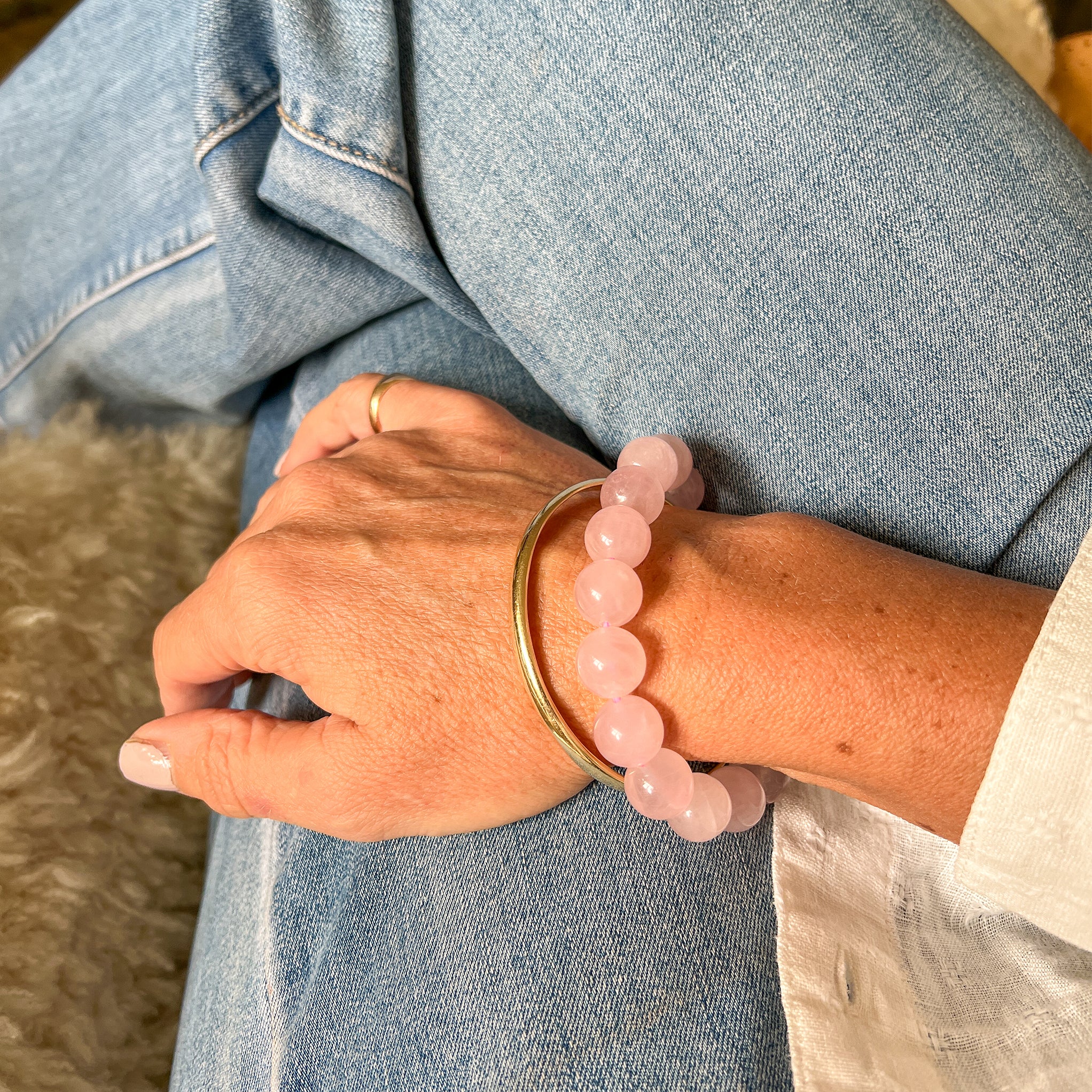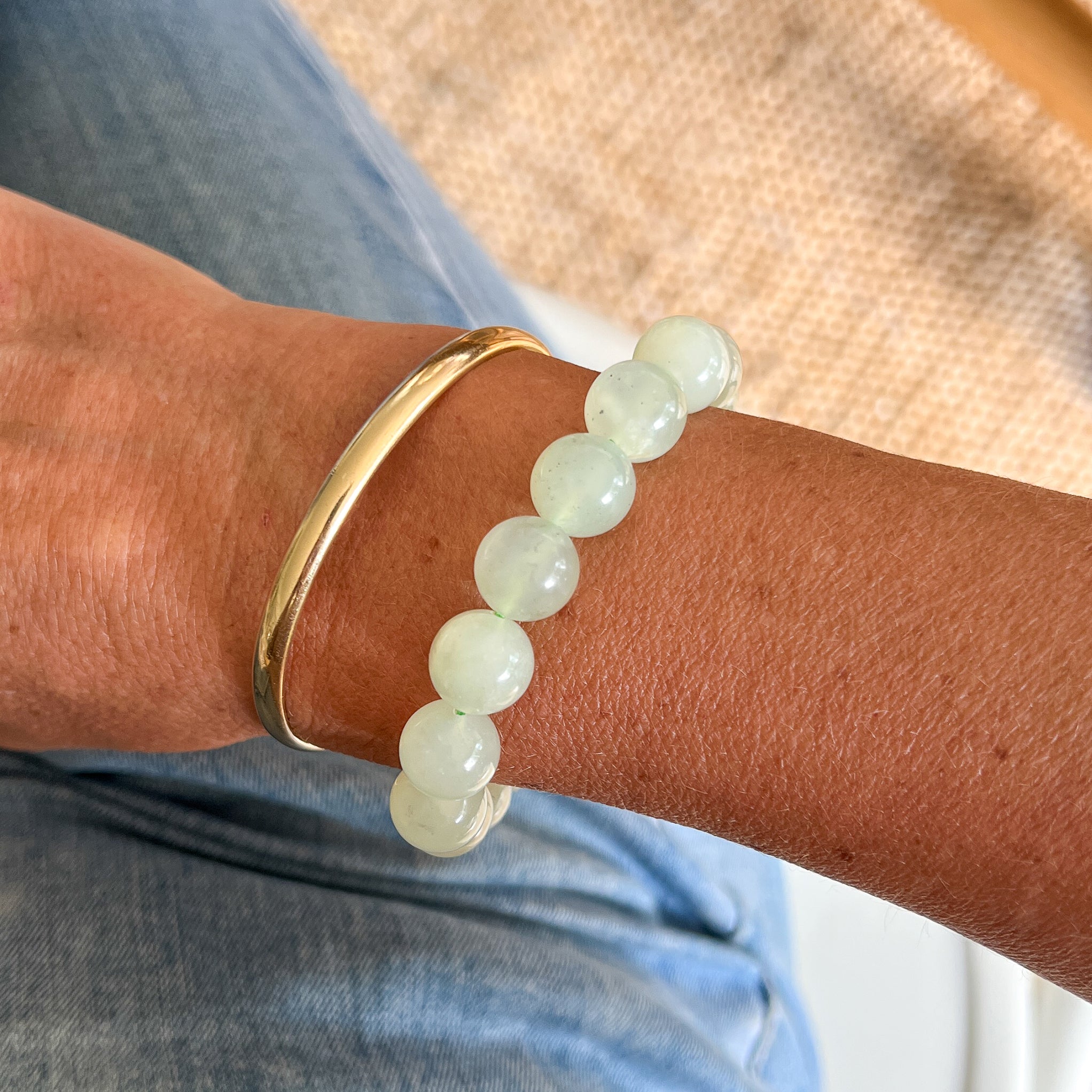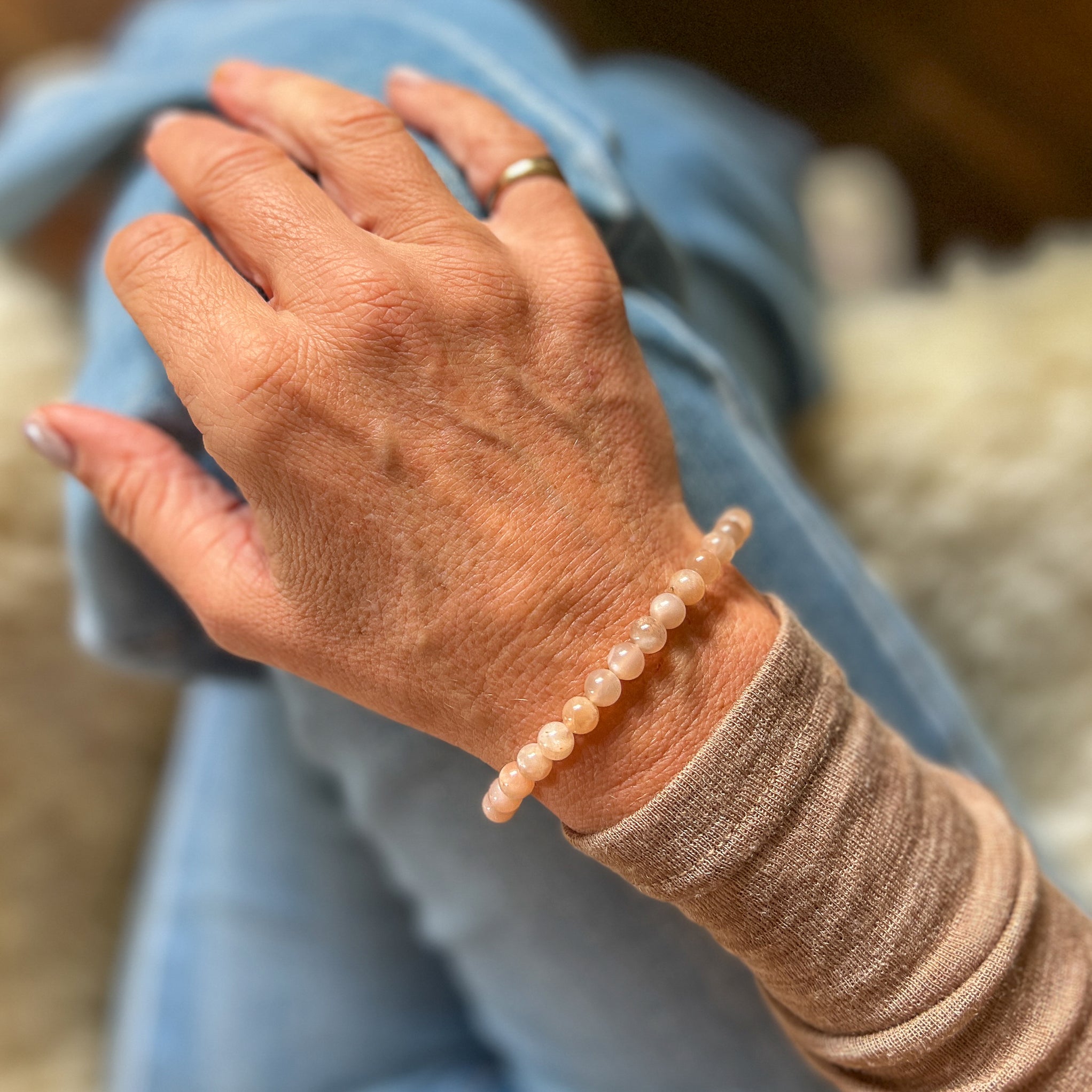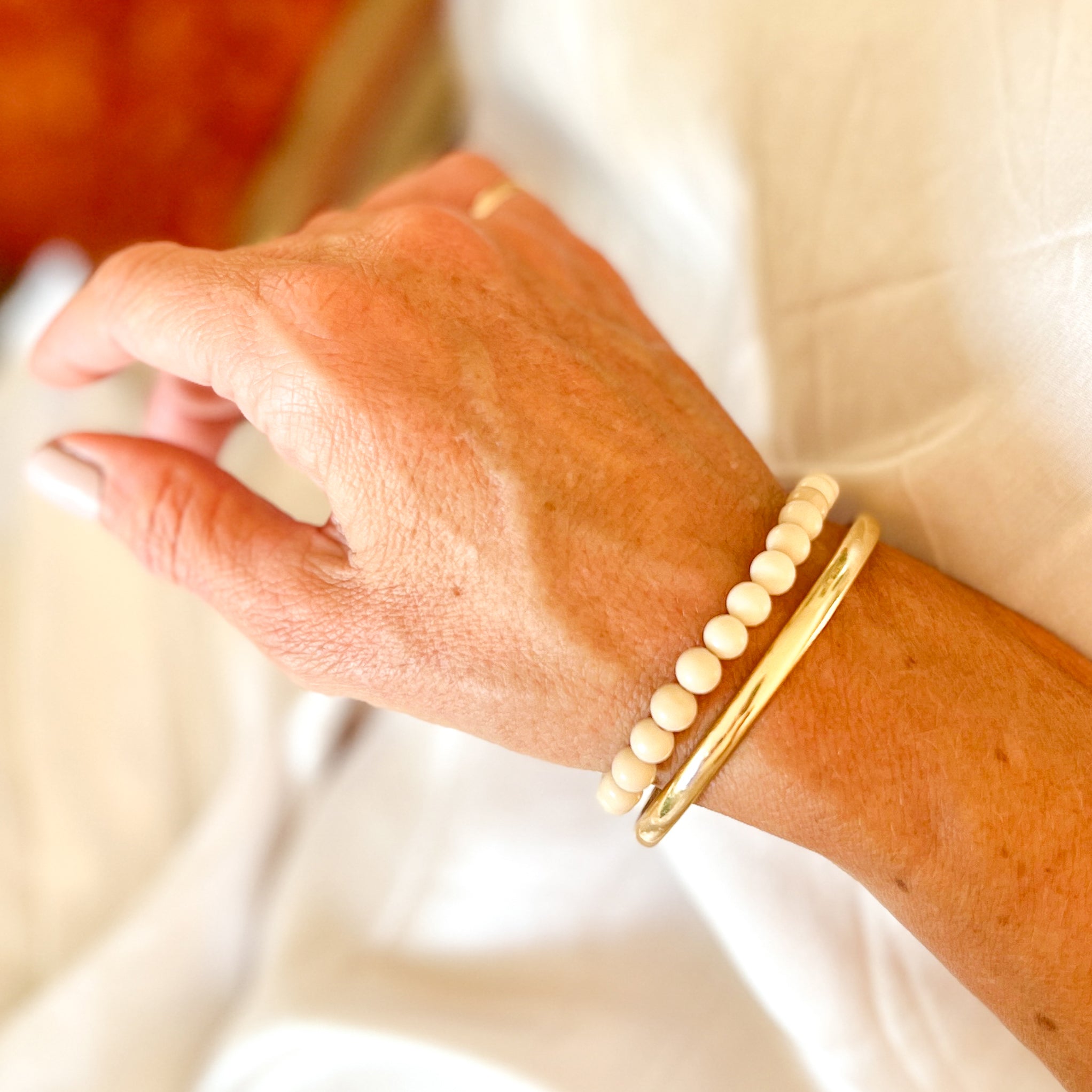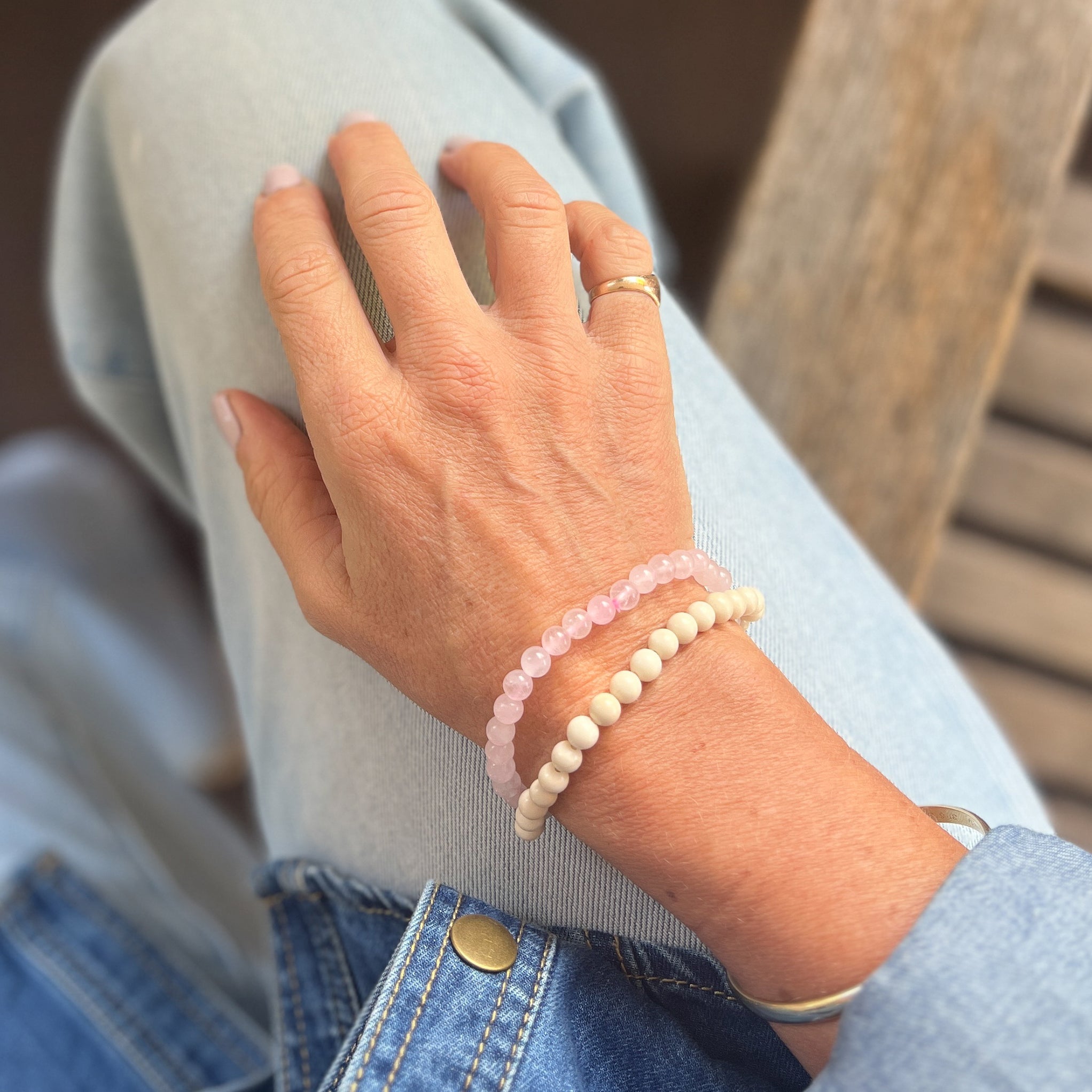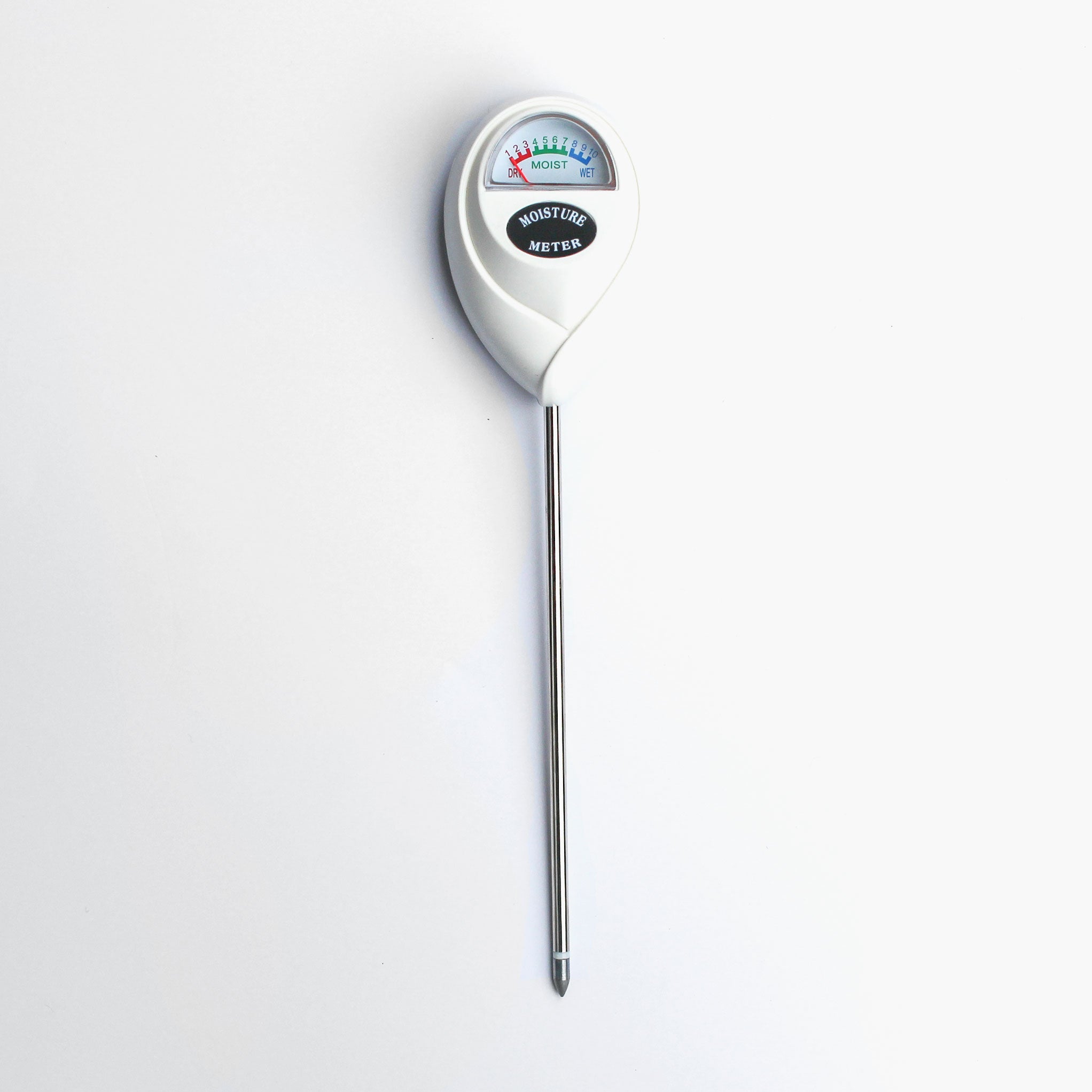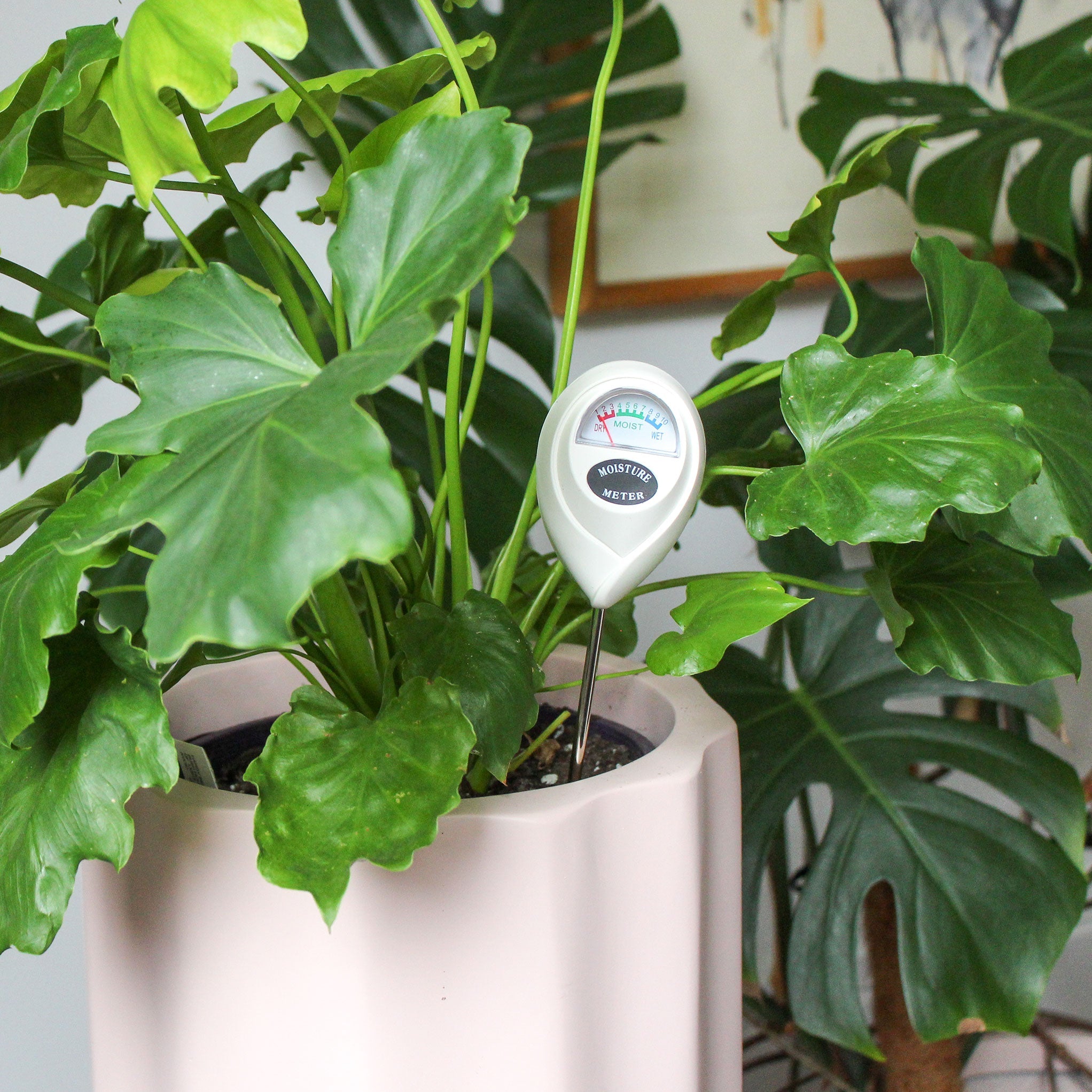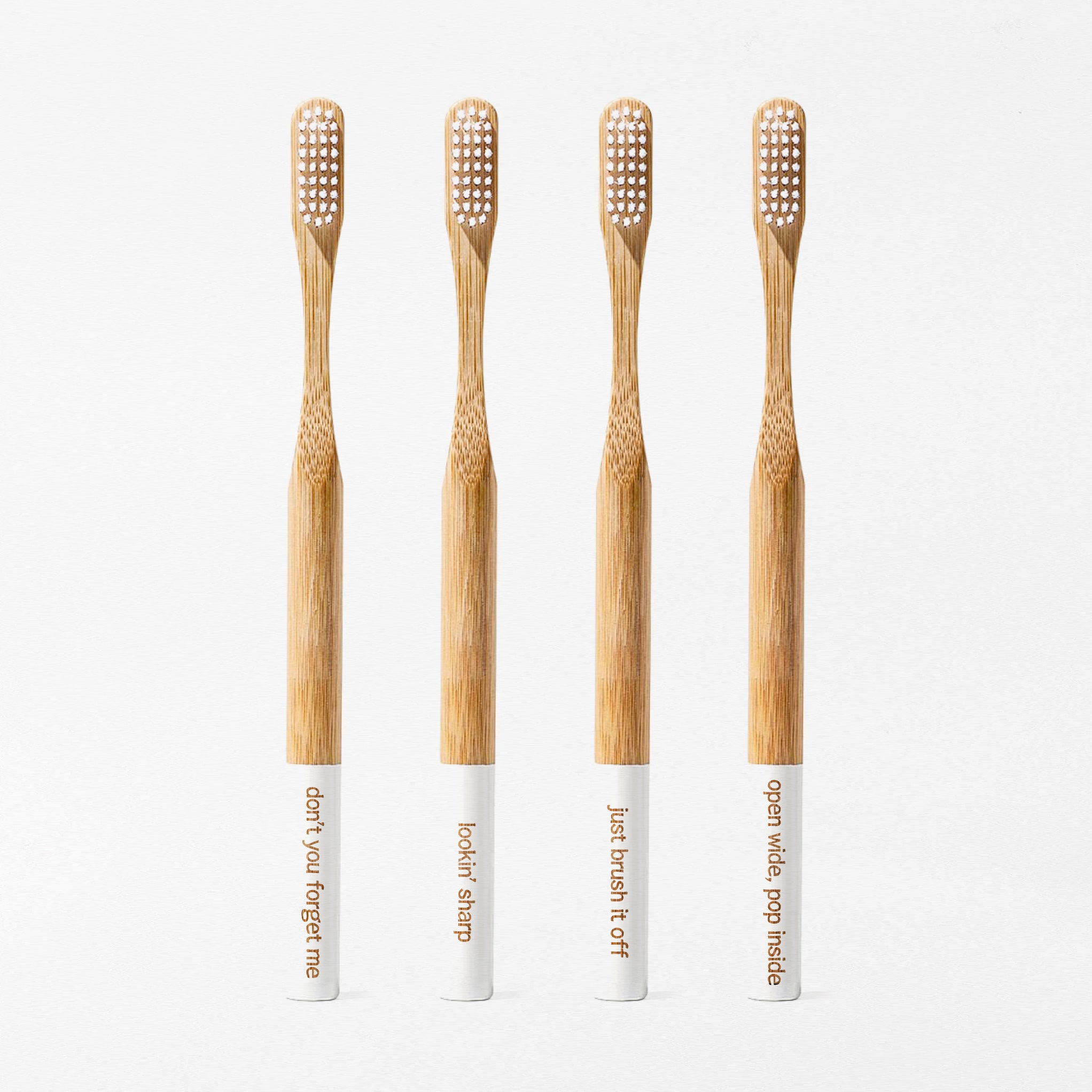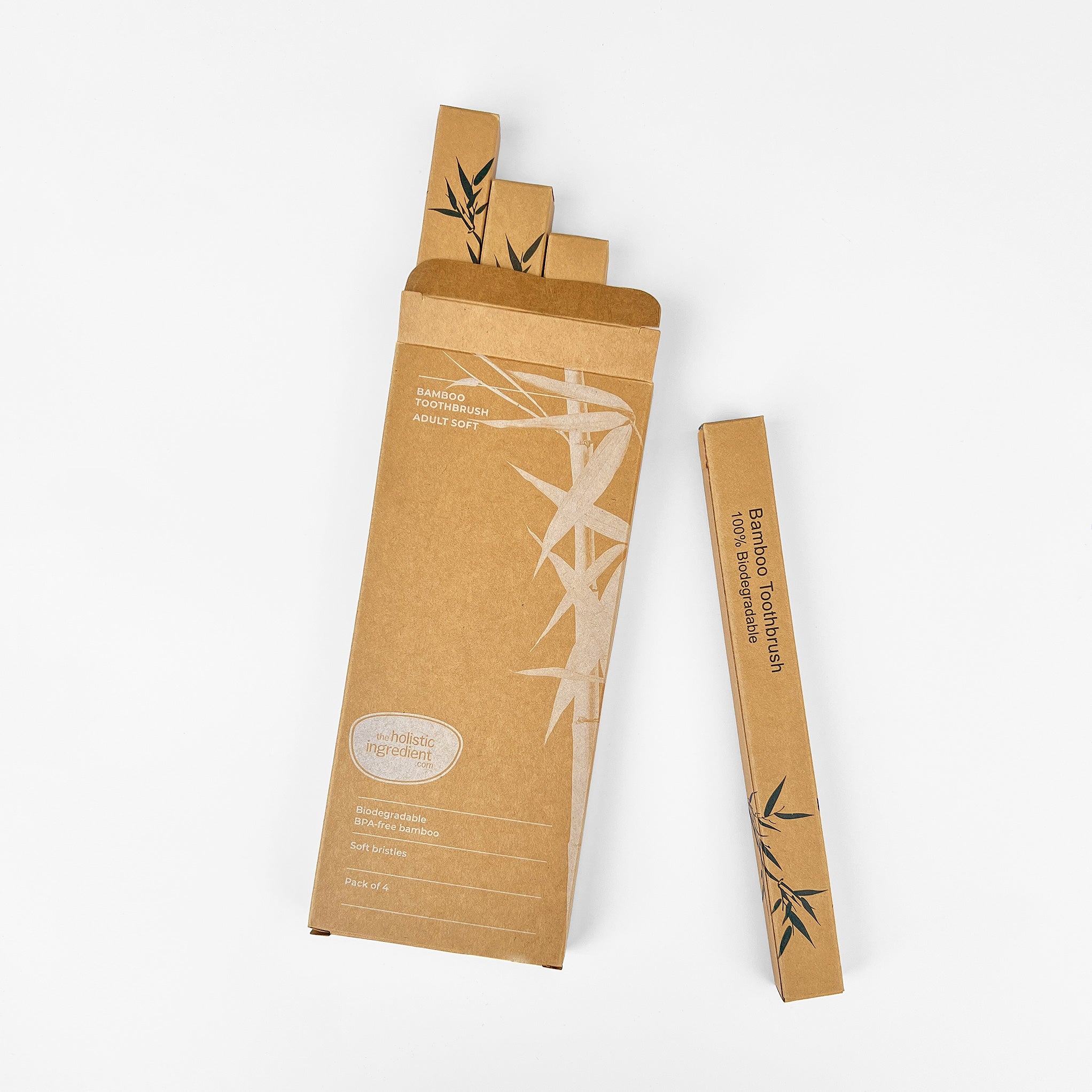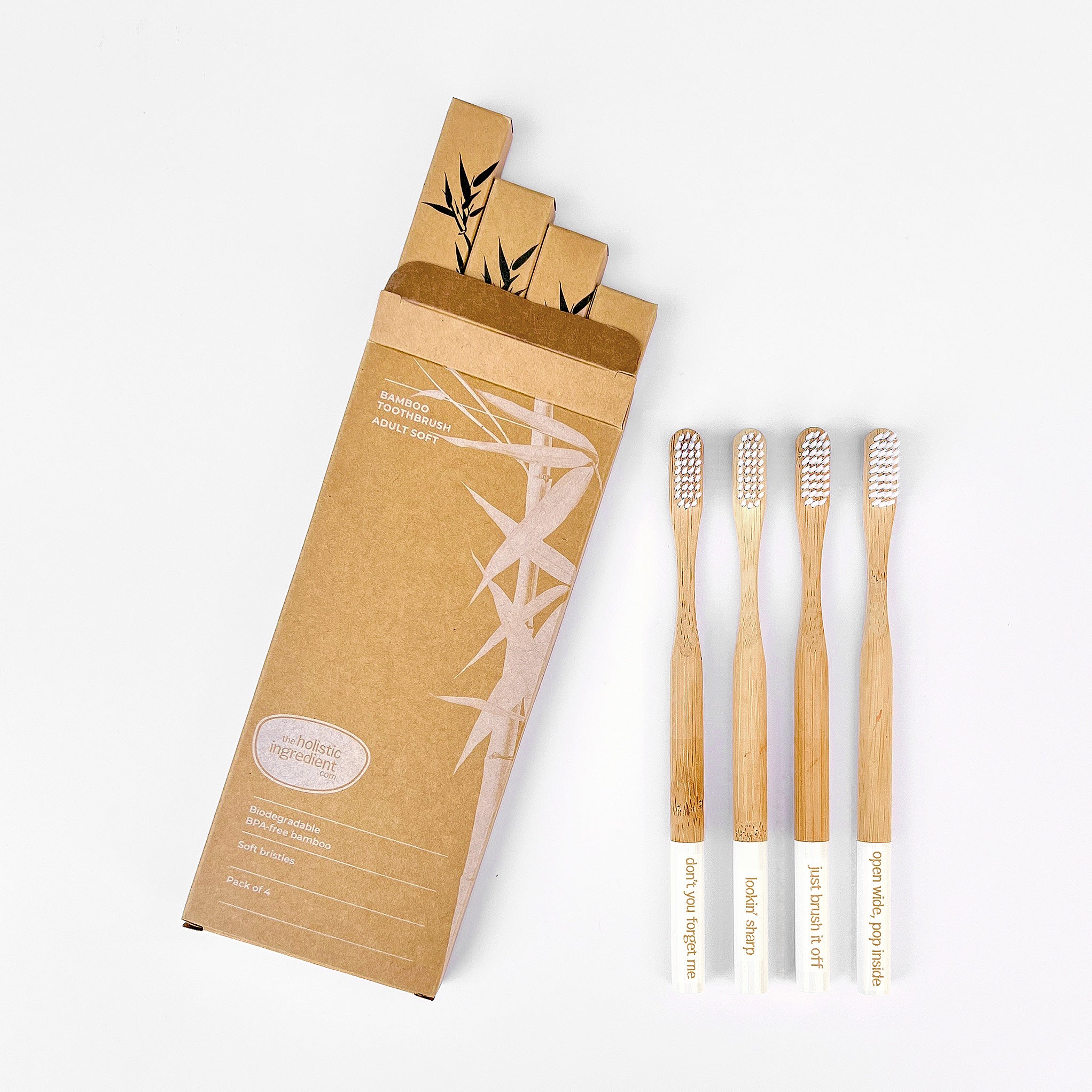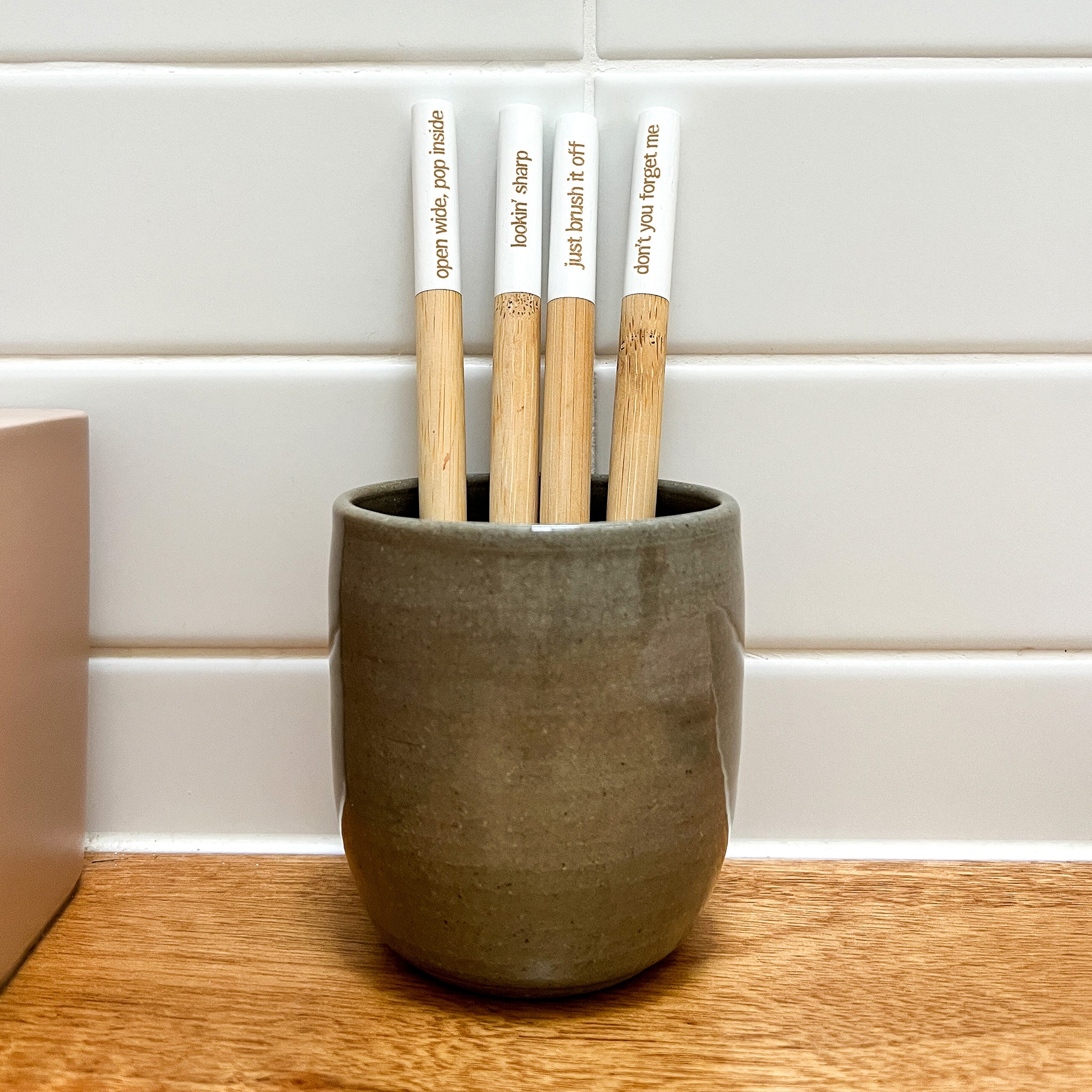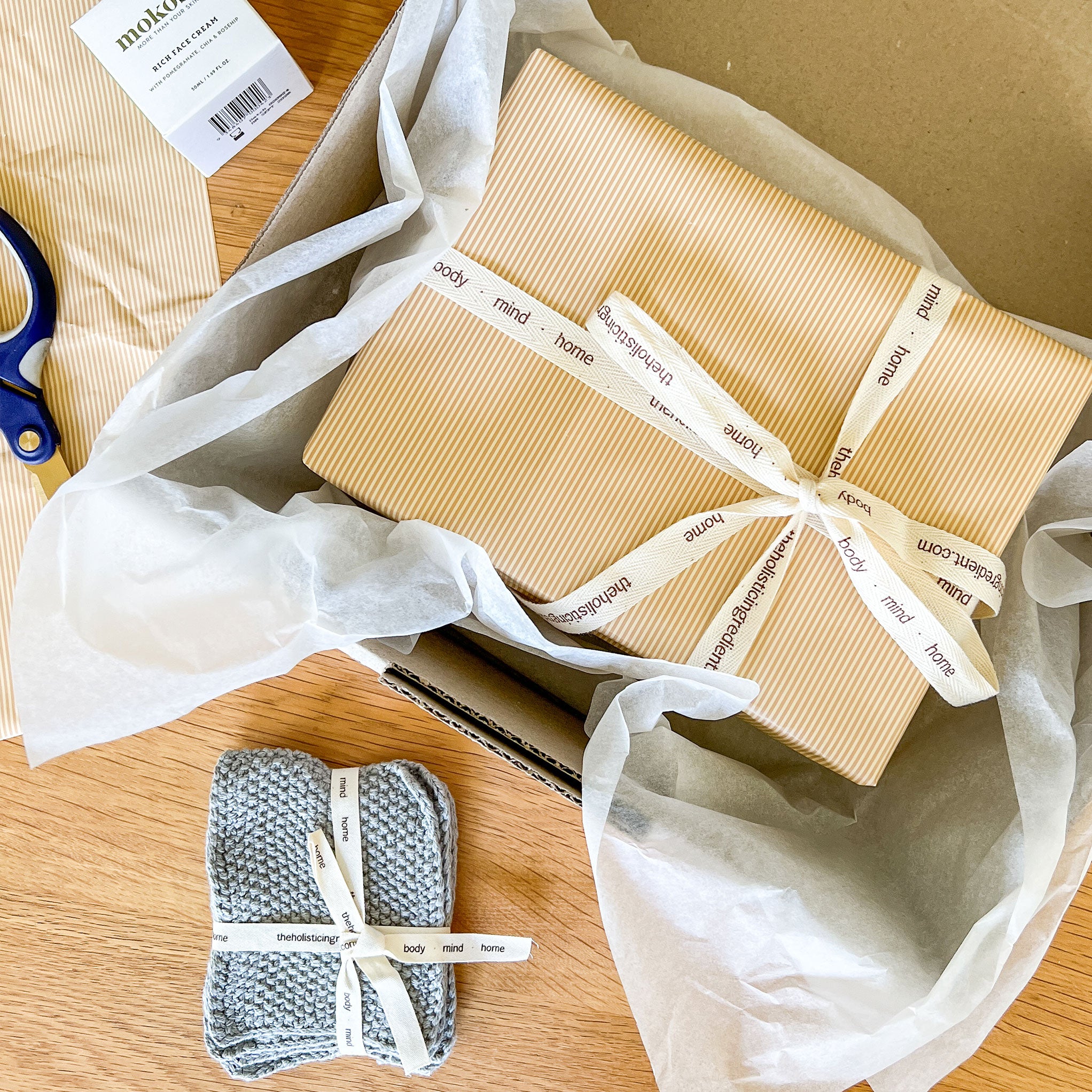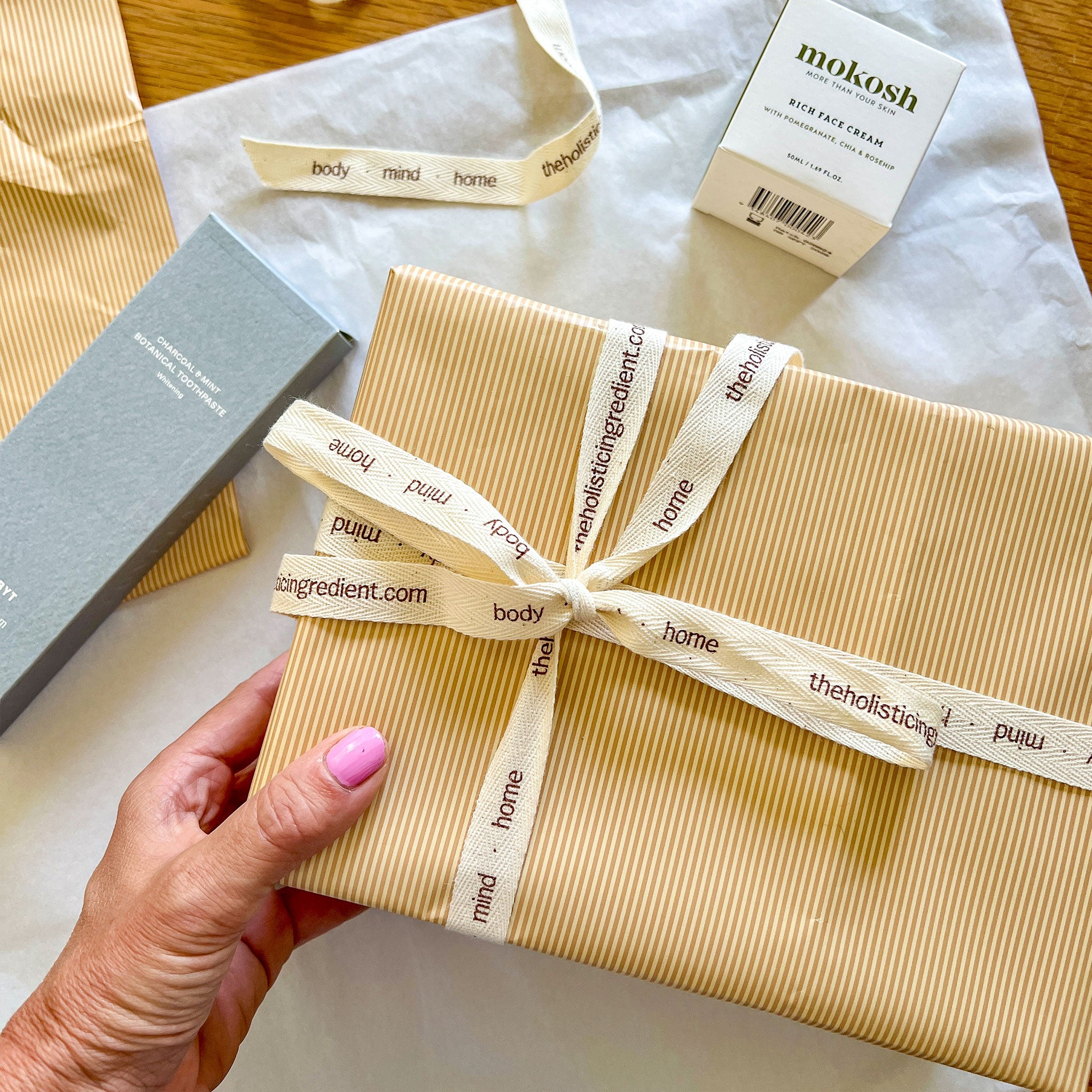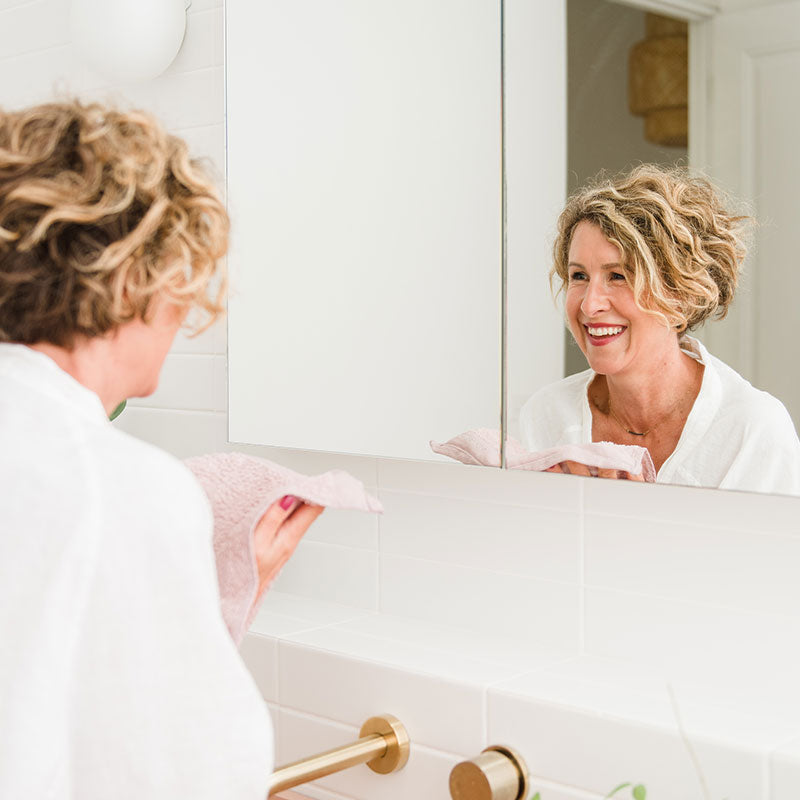
Last week I had the absolute pleasure of interviewing Finance expert Melissa Browne on my podcast. The episode so inspired me that I asked Mel if she'd be happy to share a few words on the website. During our discussion I asked for Mel's opinion on Afterpay (she's loathes it) and for some simple ways in which we can gain better control over our finances during this time. You can find her answers in the podcast here Why a Money Mindset is Good for Your Wellbeing (or get the cheats version in the show notes here).
Something else Mel said really stuck with me. She explained how with the removal of cash (and for many of us cards) there's no longer any 'pain' felt in a transaction. I pay for most things with a swipe of my watch - no pain felt! Do you agree?
I'm going to hand the rest of the page over to Mel.
Are Digitised Payments Hurting Your Bank Balance? By Melissa Browne.
As recently as December 2020, many experts predicted that it would be a walk to a cashless society in Australia rather than a run. However, with the Covid-19 pandemic, timelines have quickened and going cashless seems to be something we’ll arrive at sooner rather than later.
Certainly, if we look at Buy Now Pay Later (BNPL) platform, Afterpay’s results in quarter three of the 2020 financial year, we see this trend. In the US alone, Afterpay reported that it saw $1 billion in U.S. sales and served 4.4 million customers for quarter three of 2020 which was a 238 percent increase over the same quarter in 2019.
But we’re not simply moving away from cash, it seems we’re also moving away from traditional alternative payments. That same timeline also saw a decline in both cash and credit cards transactions as reported by both Visa and Illion Credit Agency.
With this move towards digitised payments, it’s important to understand the effect these types of non-cash payments have on our spending. Yes, we might feel safer because we’re not handling cash and are more protected from the Covid-19 virus, but we might be inadvertently causing our finances harm.
How do we cause harm by moving away from cash?
One of the behaviours that researchers have monitored is the affect on our sensory system when we make payment for goods and services. In a 2019 study called, “Cash, Card or Smartphone: The neural correlates of payment methods’, scientists examined whether our brain activity could be modulated by the method of payments used. In their paper, the researchers acknowledged that for hundreds of years the use of coins and bank notes have engaged and stimulated our sensory system. What they discovered, was a far greater brain activation in the insula or pain region of the brain when participants were shown payments with cash and coins. Far less brain activation was detected when the same individual was watching payment by a card or a smartphone.
In other words, the non-cash payment hurt less - and because it hurts less, we spend more.
And not a small amount more. In 2001, Drazen Prelec and Duncan Simester of MIT discovered shoppers spent up to 100 per cent more when they paid using their credit card instead of cash. This means that sure, we might be protected from Covid-19 by changing our payment habits, but it’s our finances that are getting sick through us spending more.
How you ensure that both you and your finances are kept healthy is to be mindful of the effect that changing your payment method makes. And to adapt your money habits as a result.
Sure, you might not switch back to cash but it’s figuring out how you can ensure that you’re feeling enough pain to limit your spending or you’re setting up barriers so that you’re mindfully spending. This might be as simple as allowing your bank to send a pinging alert to your phone every time you spend so that your senses are activated. Maybe it’s organising your bank accounts, reducing your credit card limit or choosing to only use debit cards so that your spending is limited by the amount in your account. Maybe it’s hiding excess cash and savings to another bank so that you’re not tempted to transfer the amount to your card.
It’s about setting up a system that both limits your spending as well as causes your senses to be activated.
The move to a cashless society, more than ever before, feels like it will be here sooner than we expect. What we want to do is be mindful of the unexpected affects of non-cash payments on our spending and to adjust our behaviour to suit. That way both we and our finances will stay healthy regardless of what is going on in the world.
Intrigued? Why not check out my 8 week My Financial Adulting Plan. But be quick, doors close on Tuesday 14th for five whole months.


